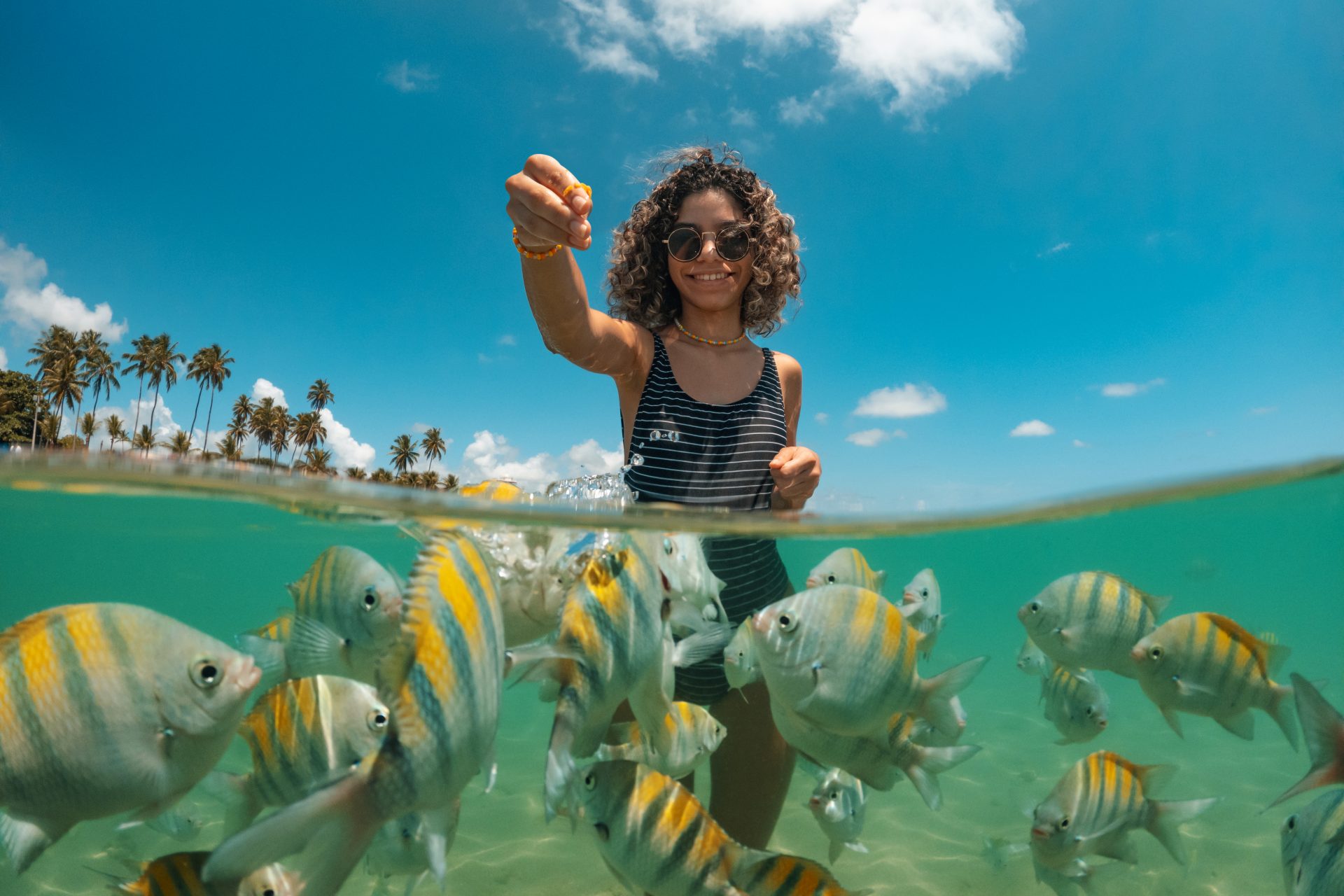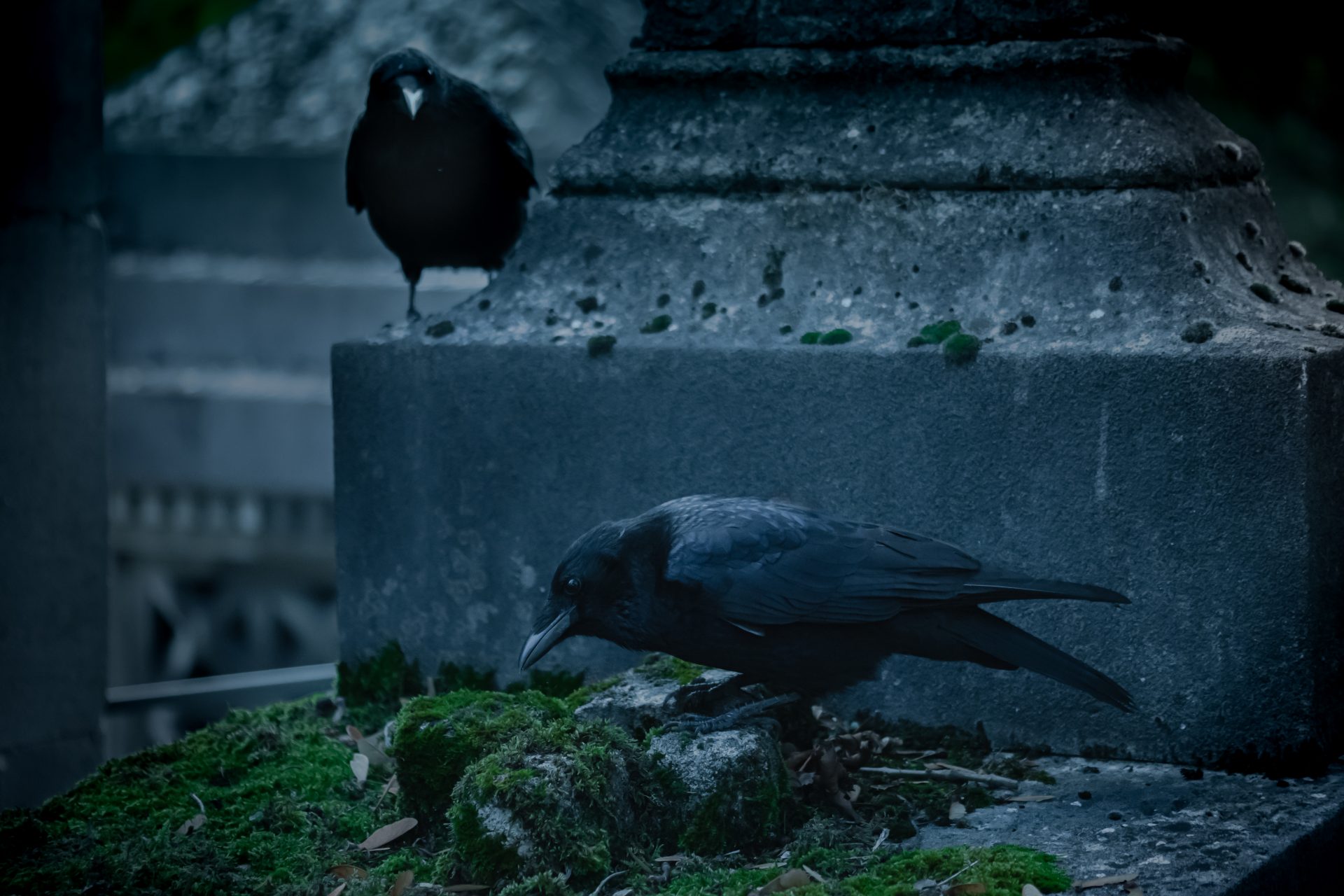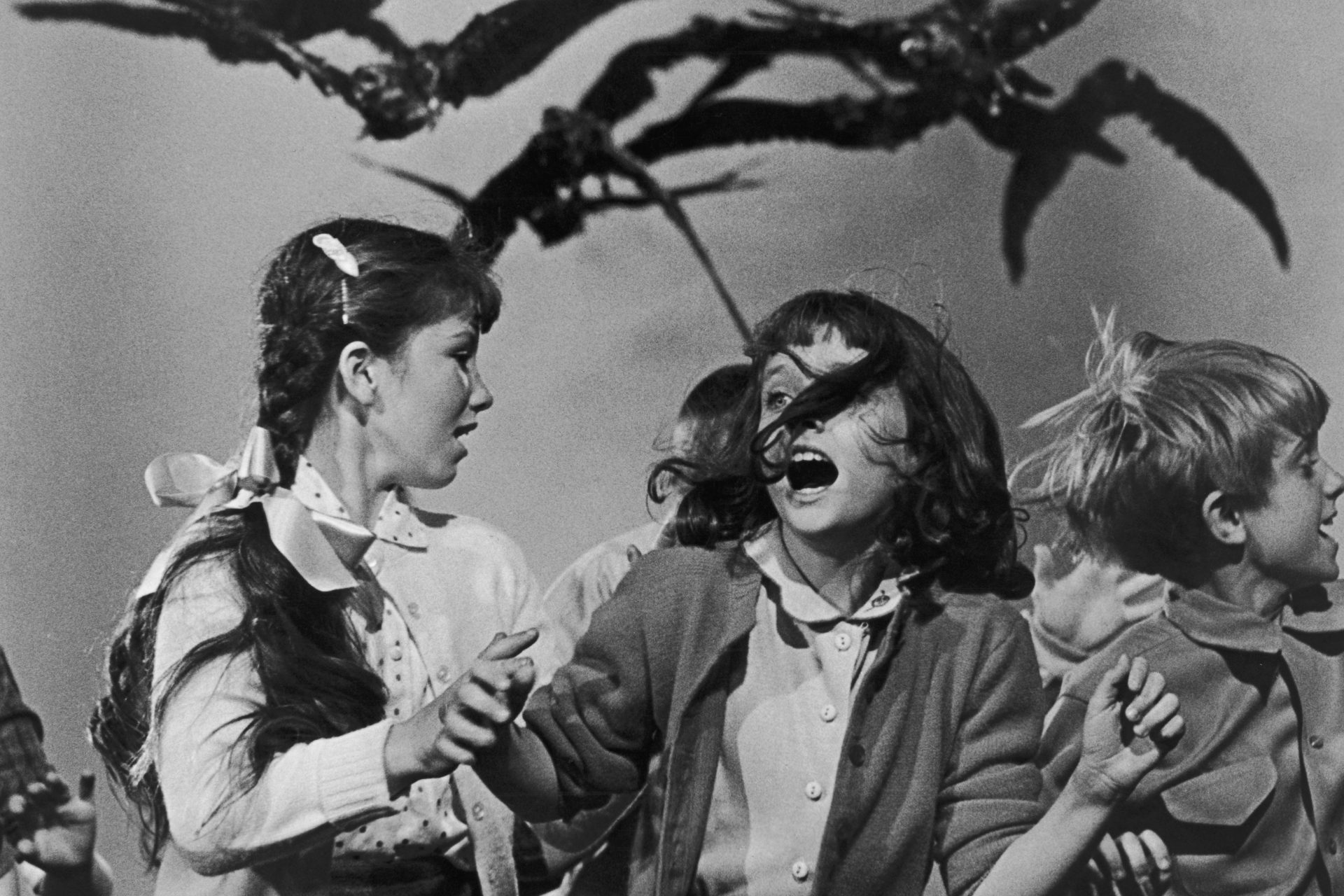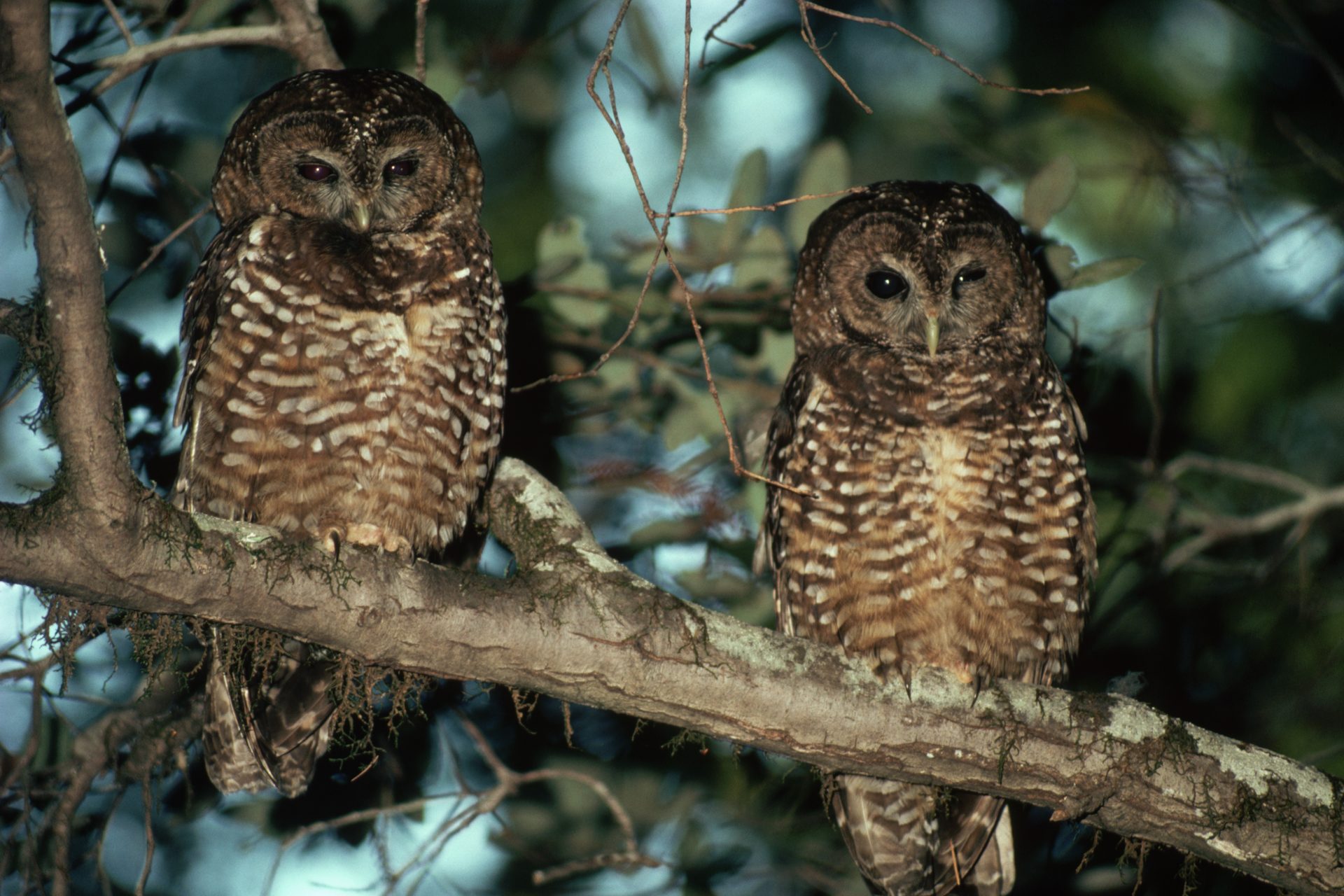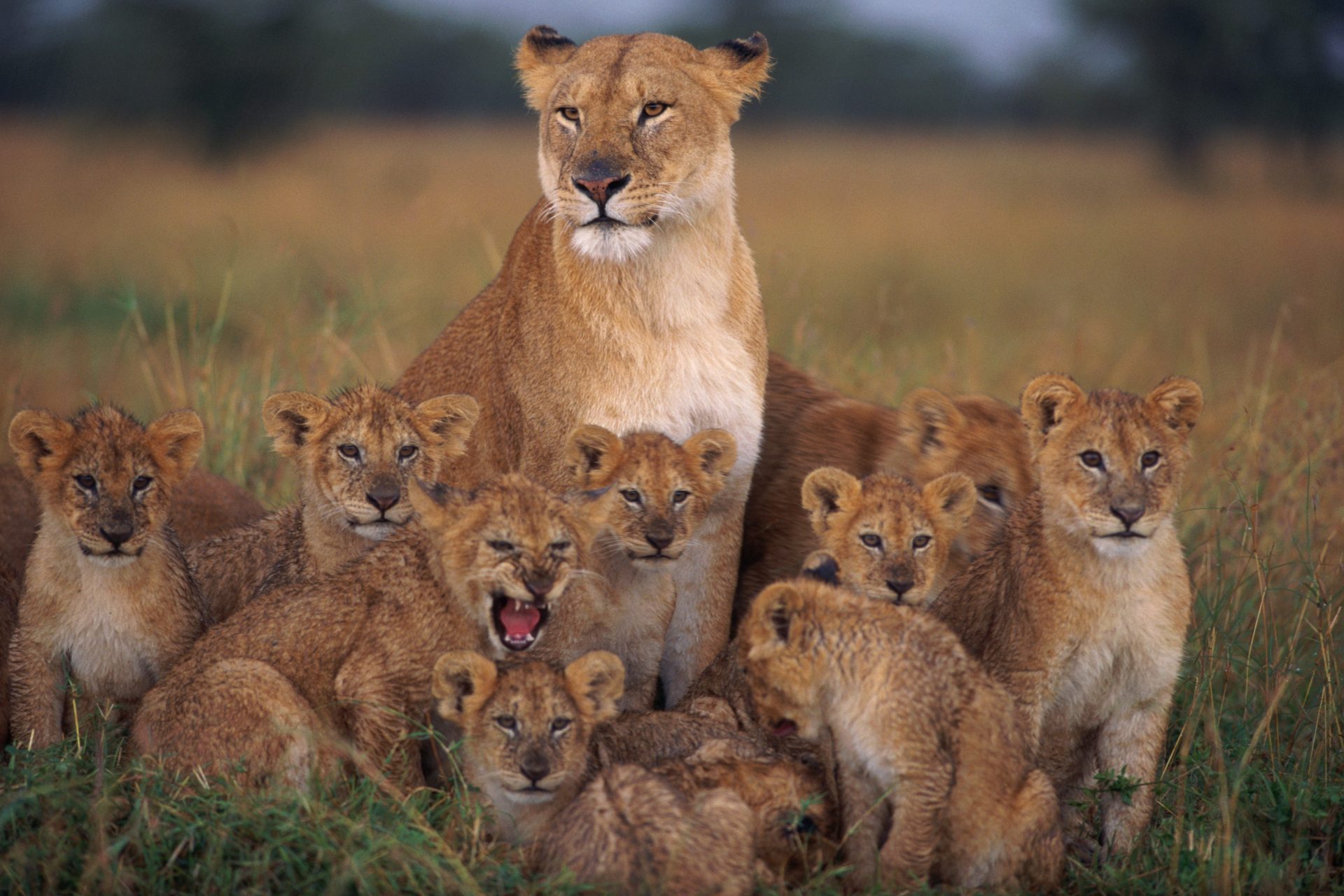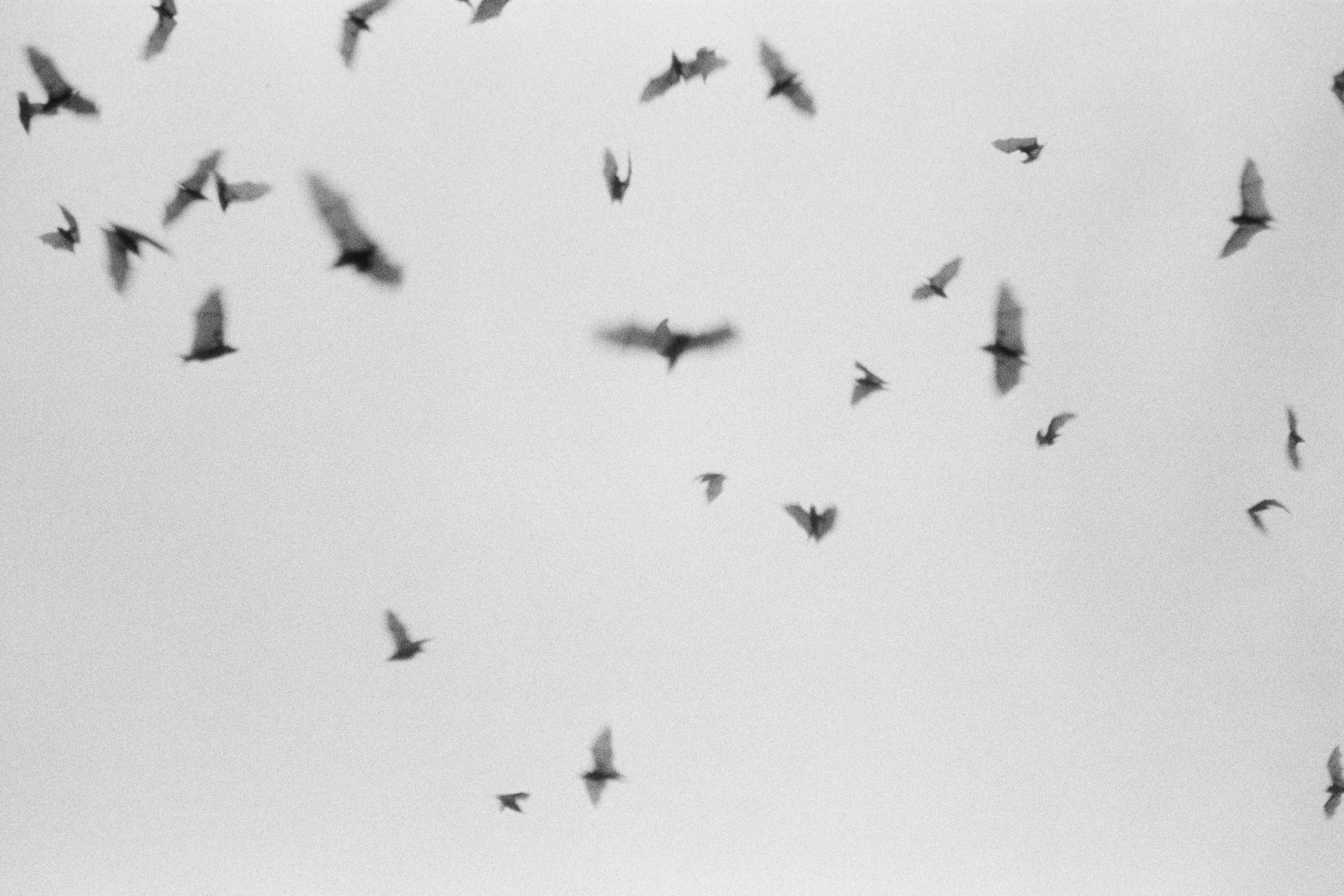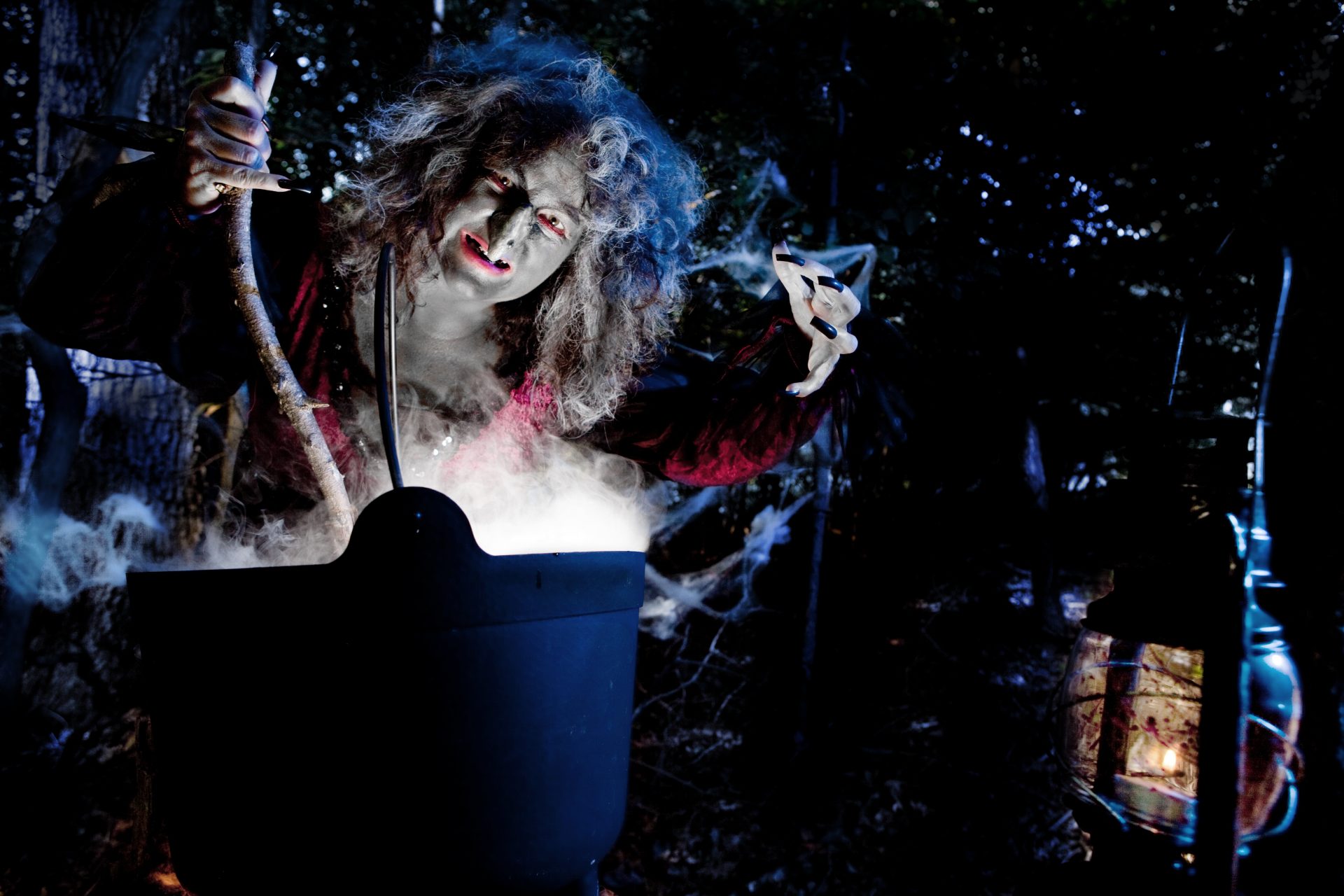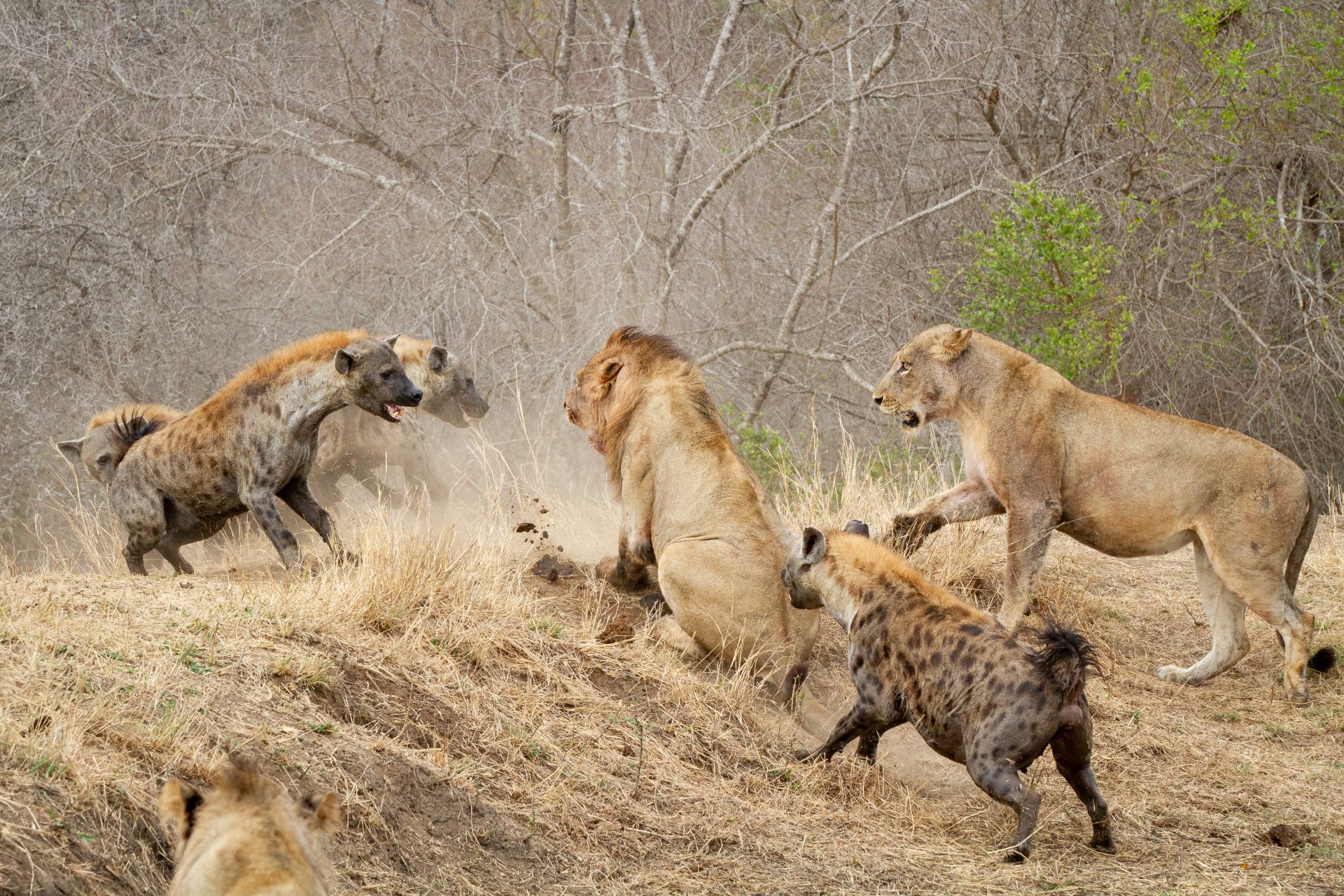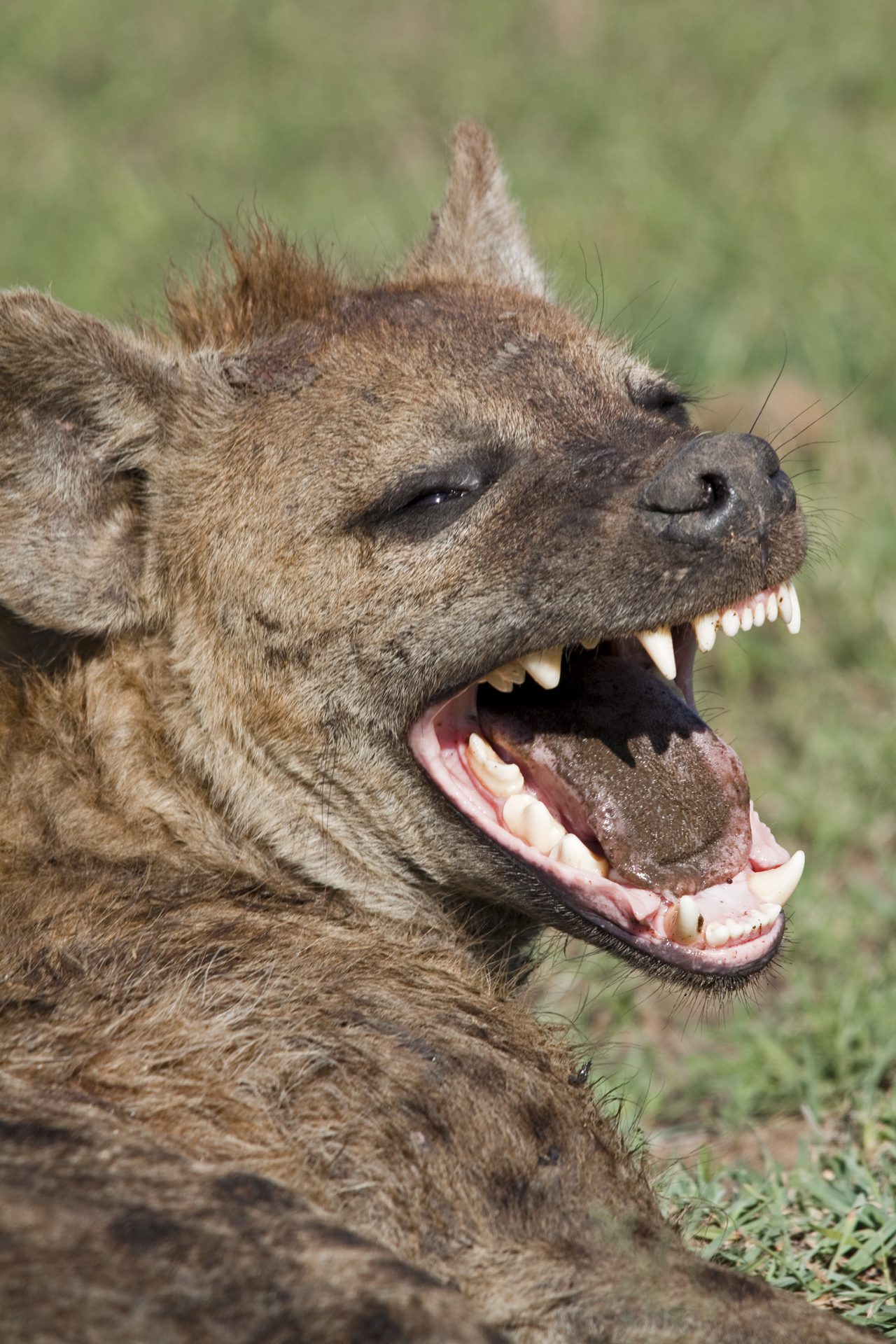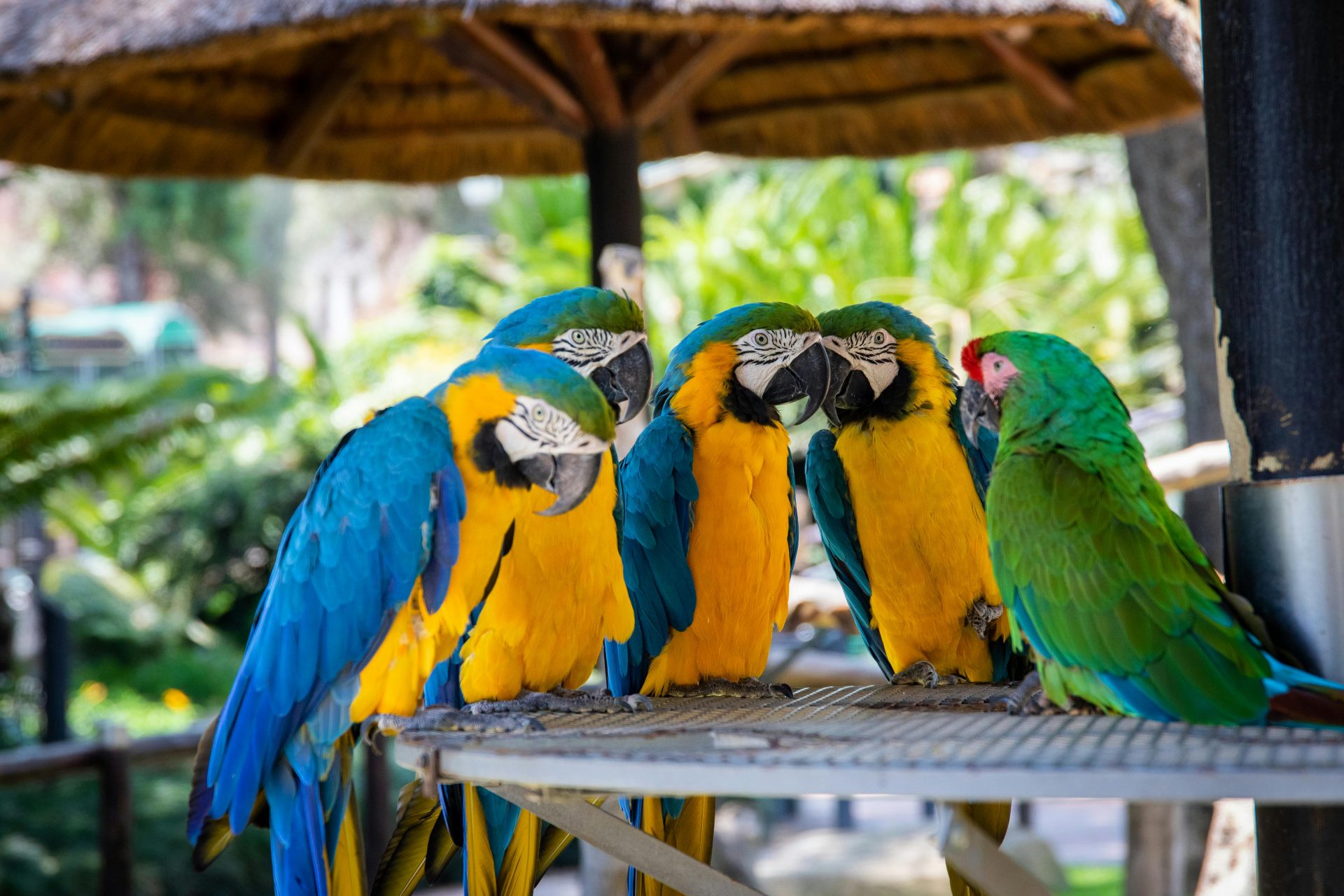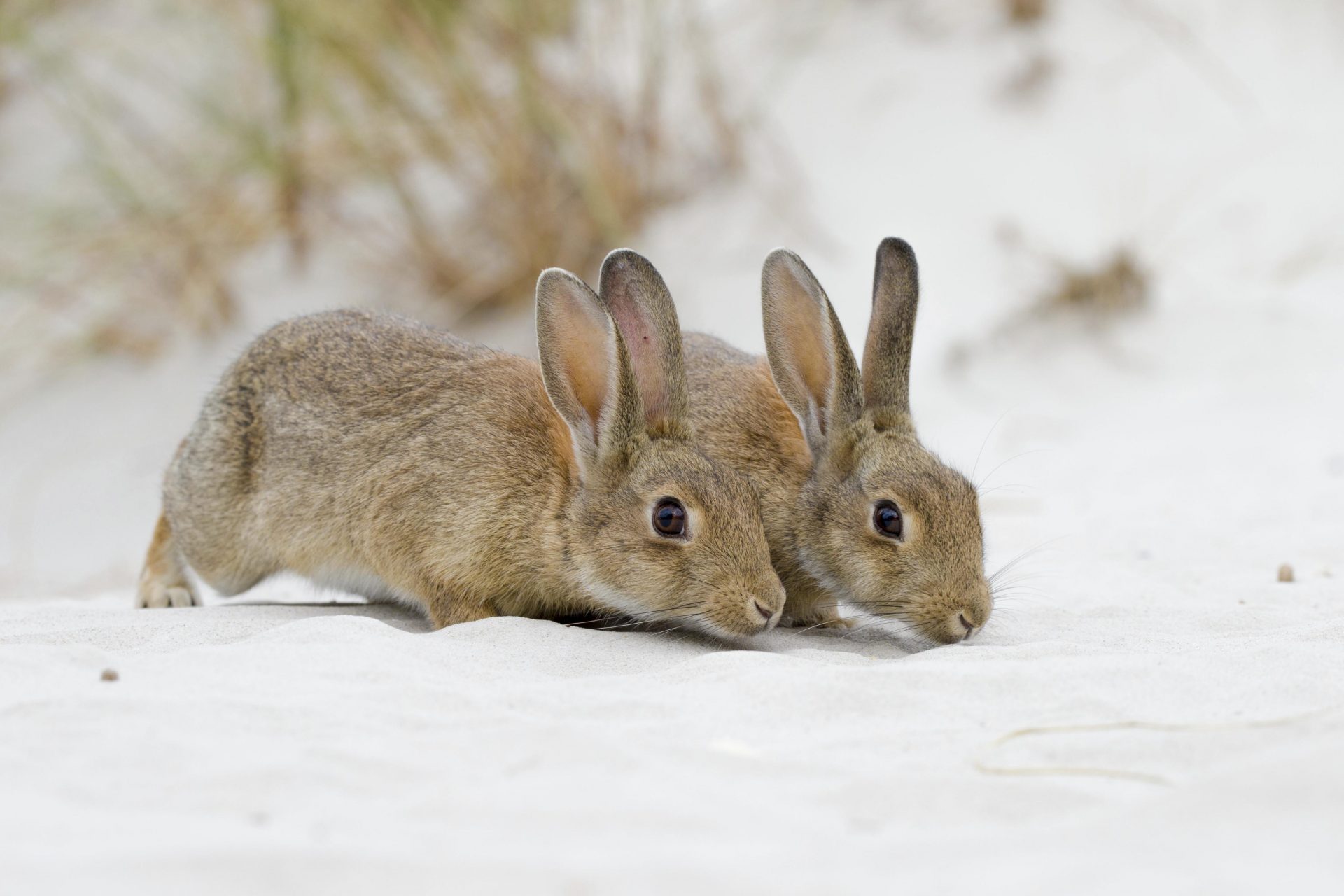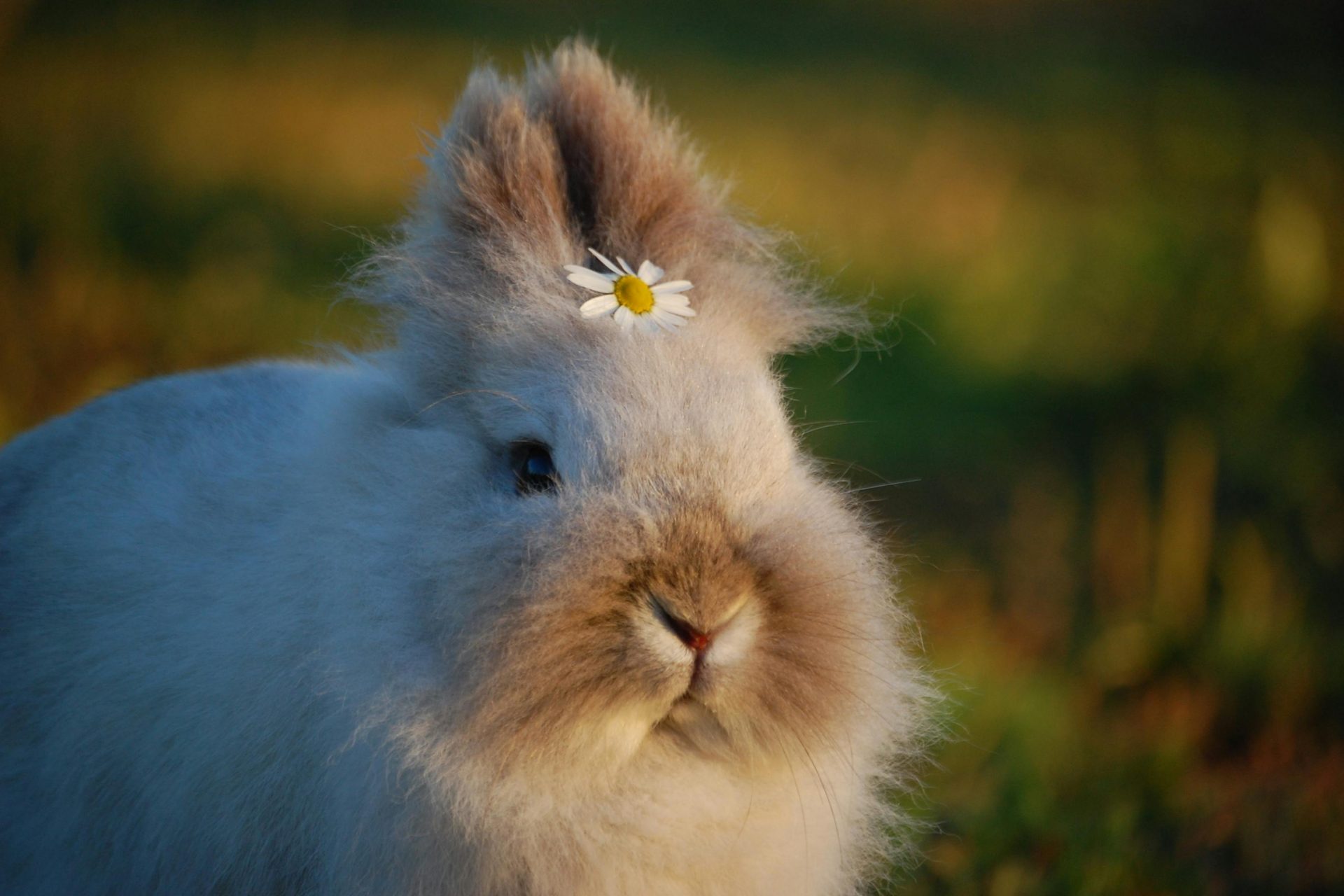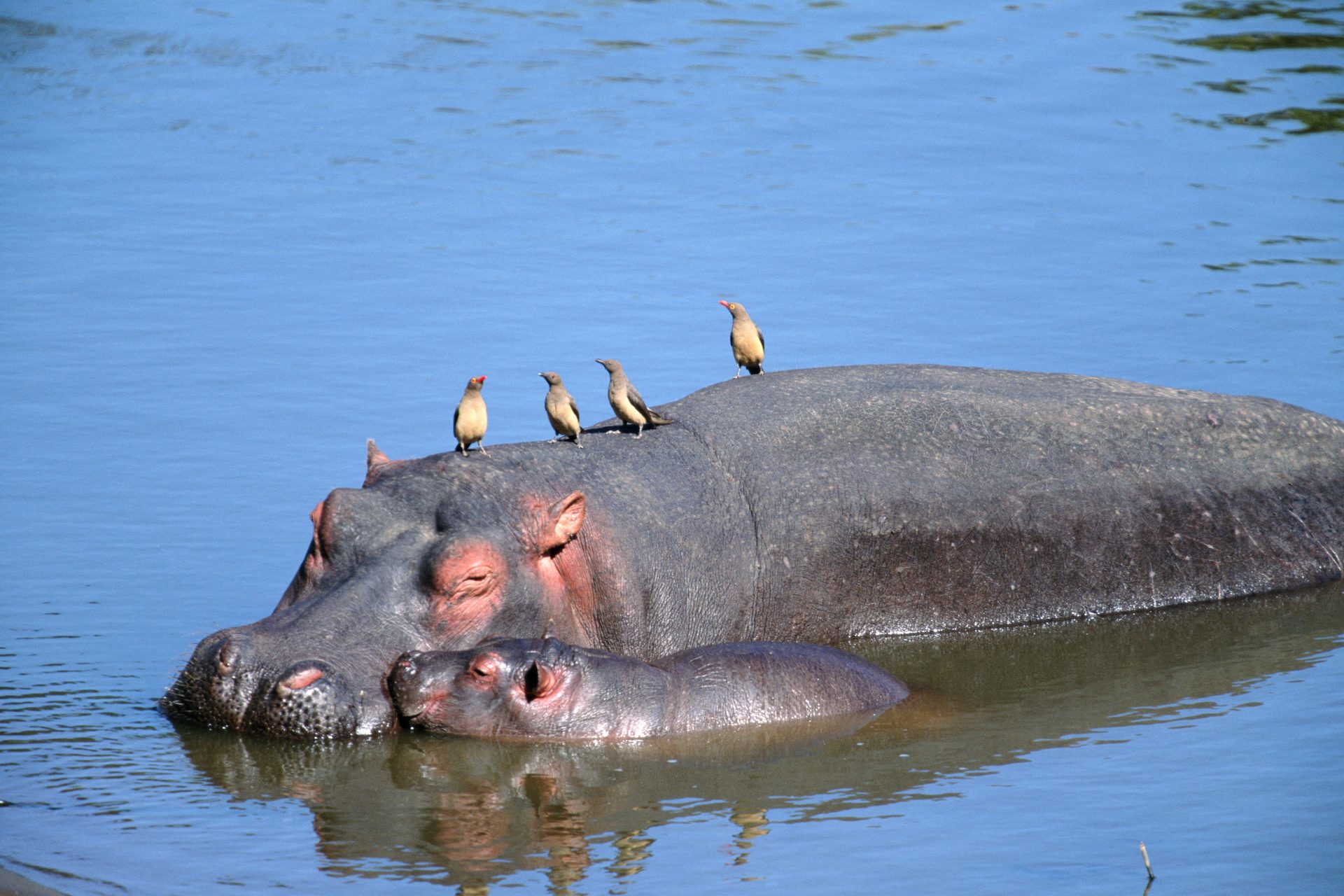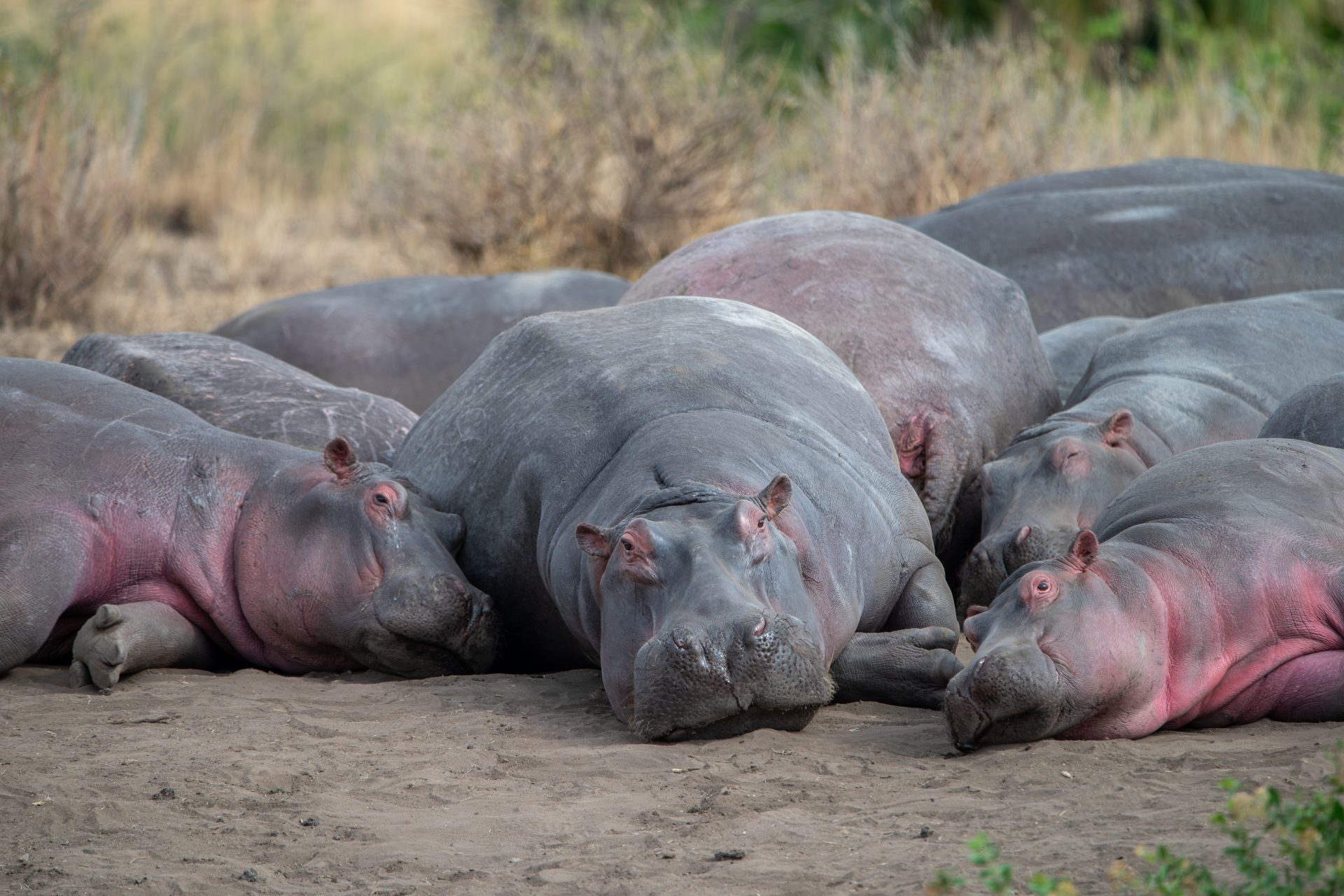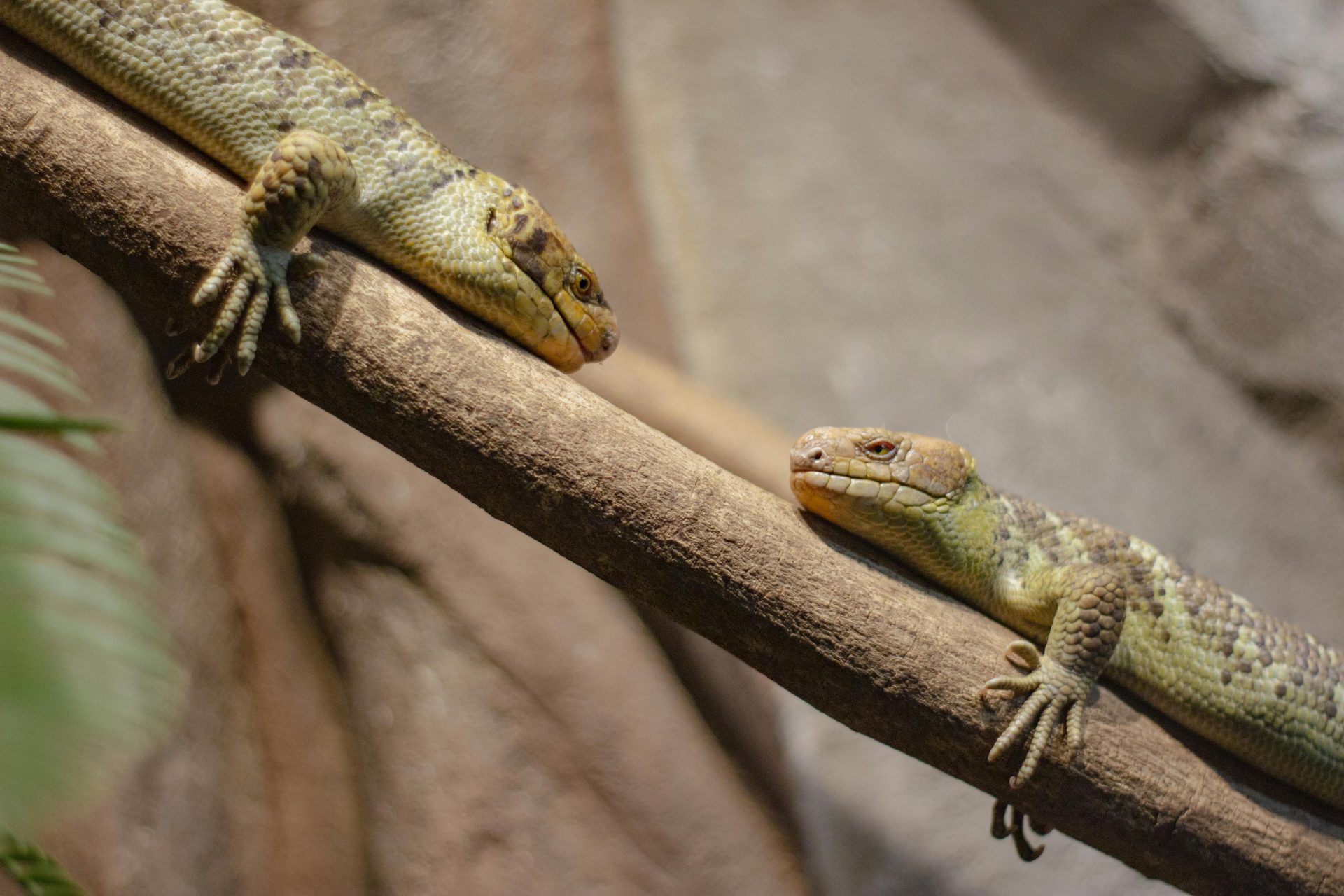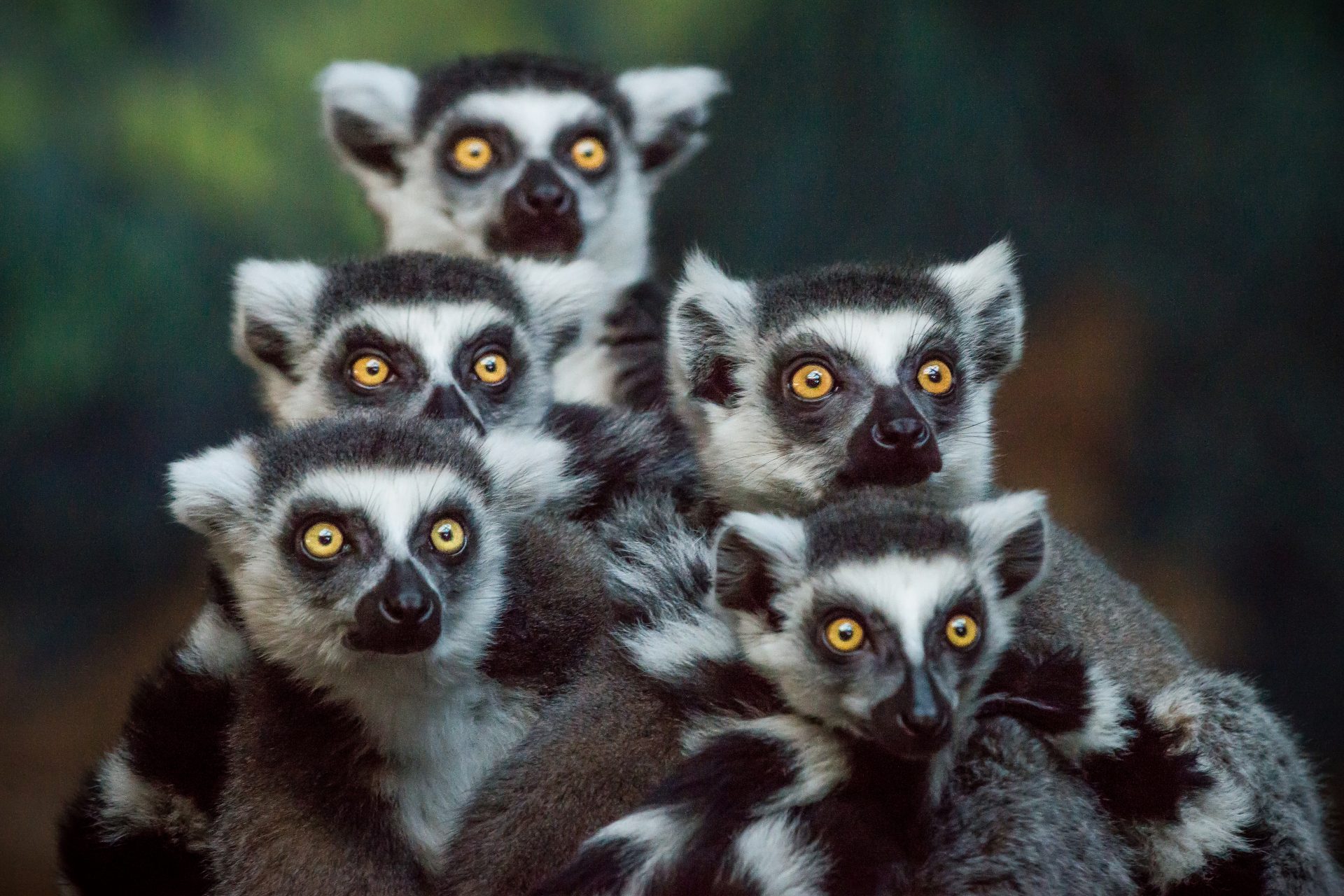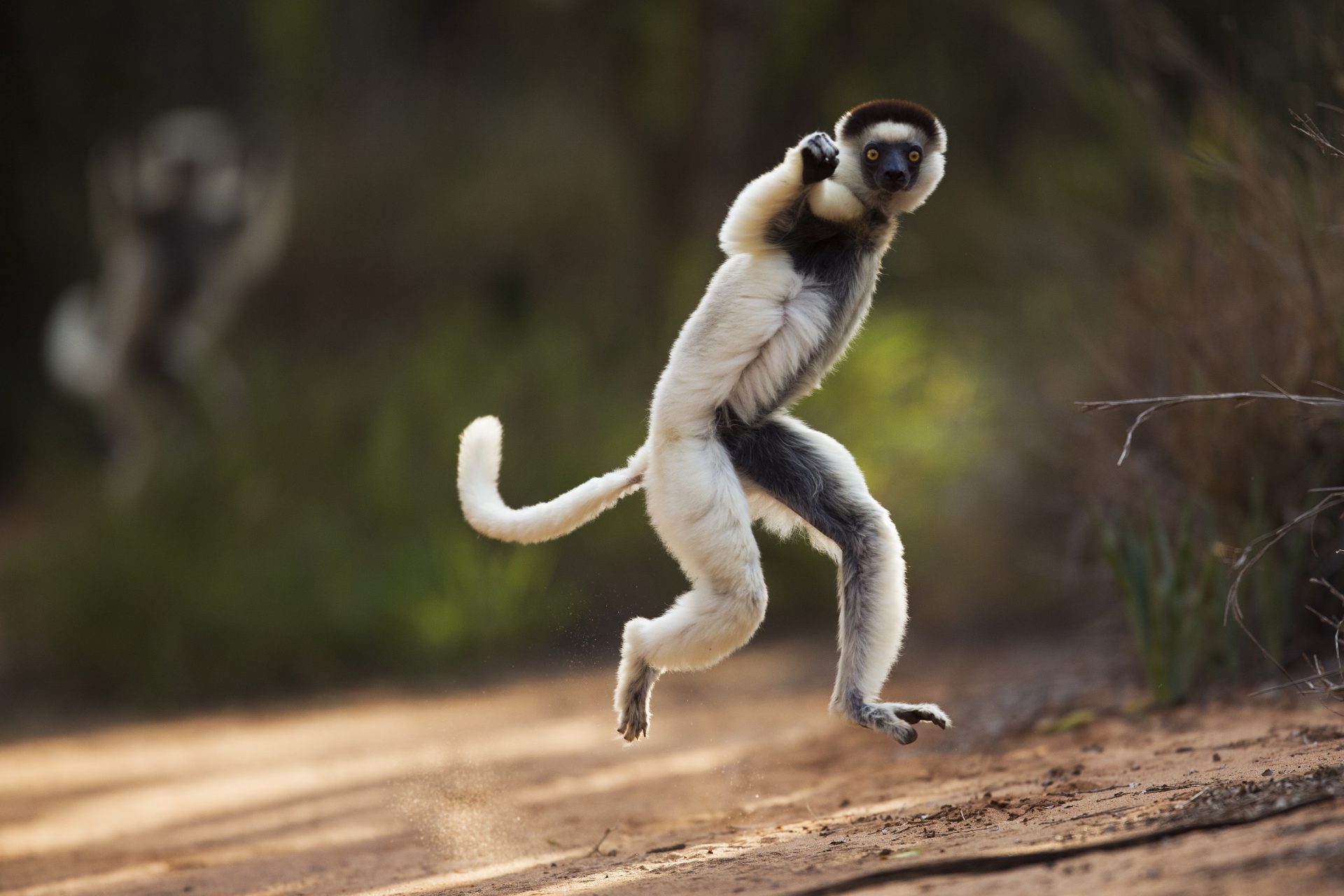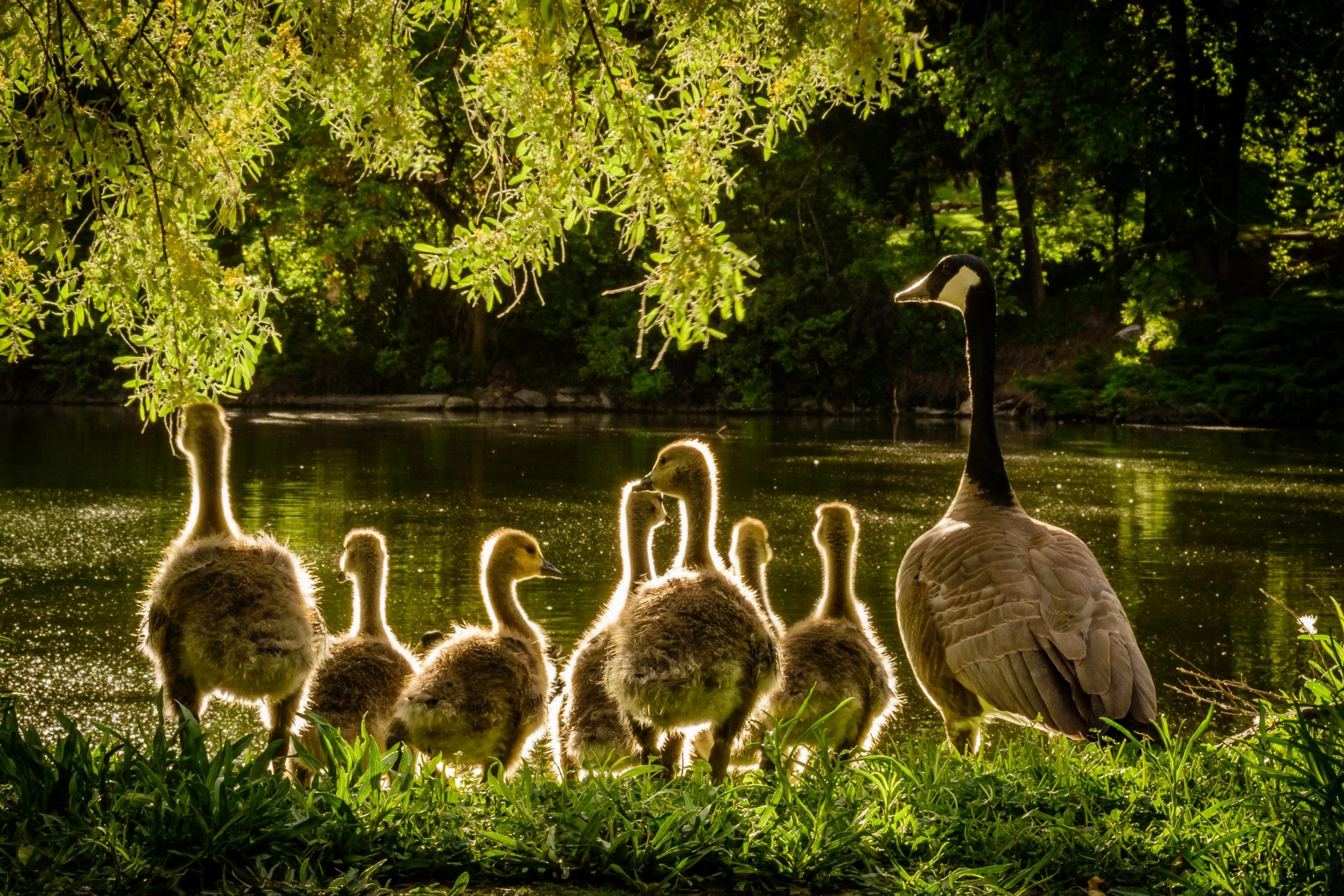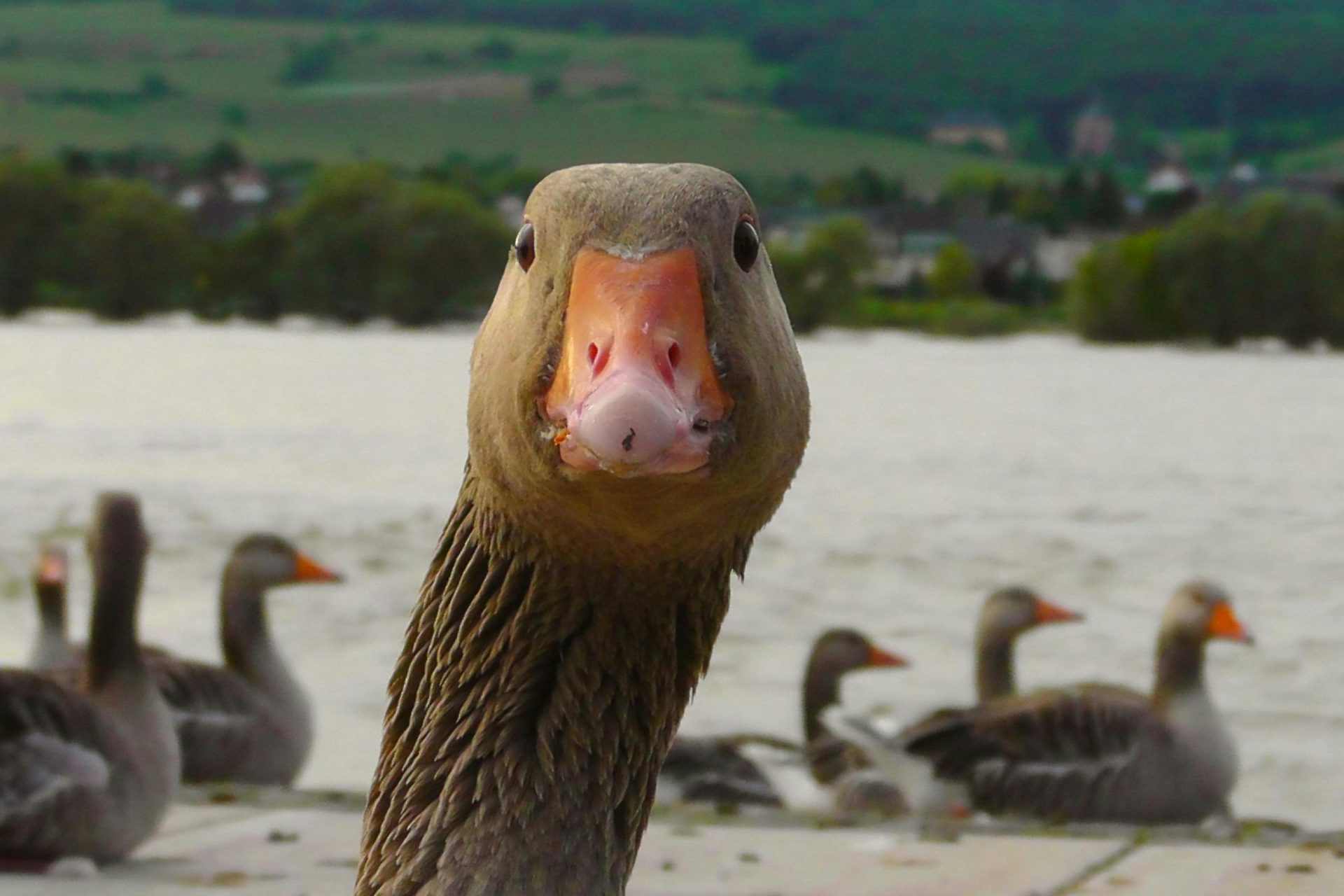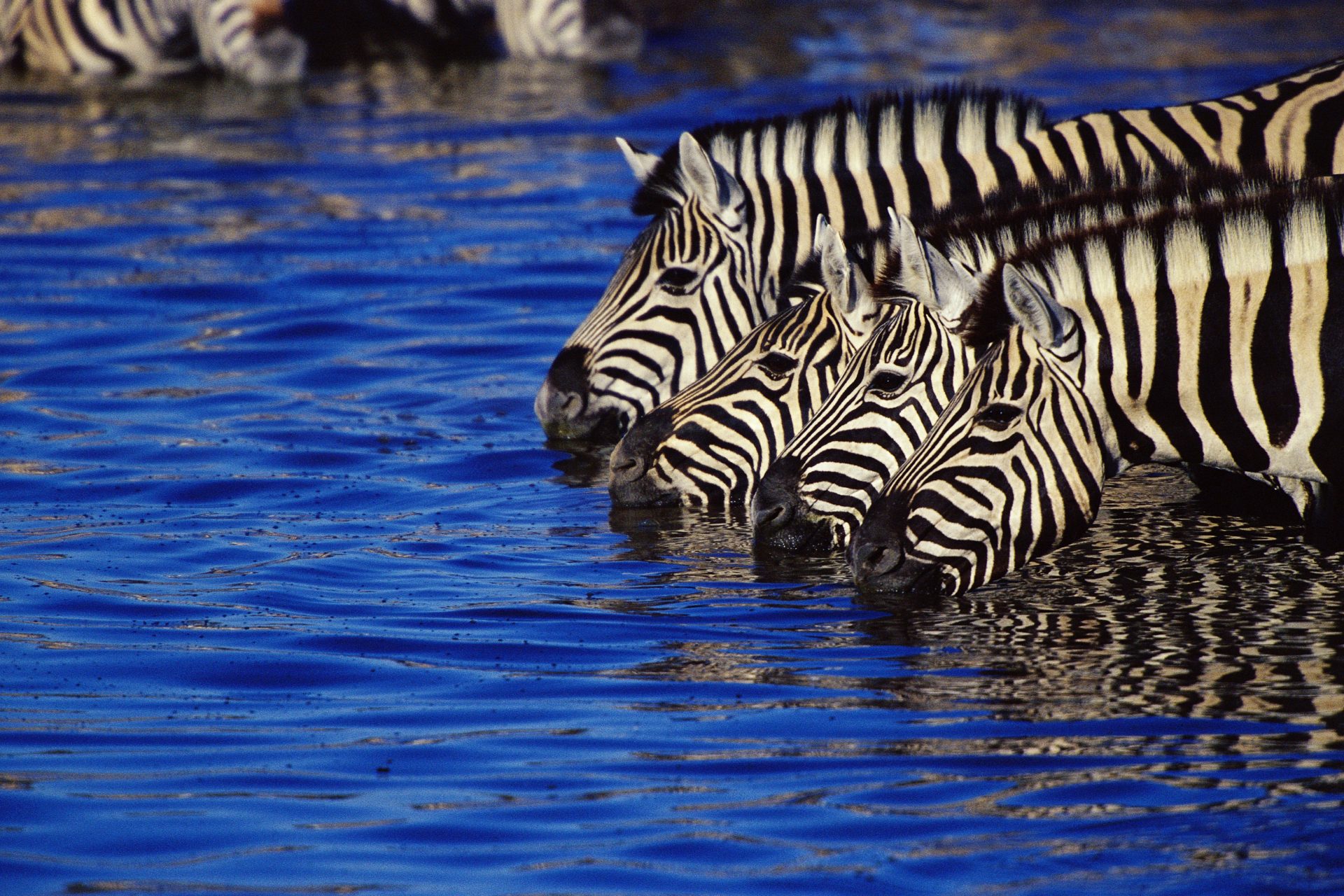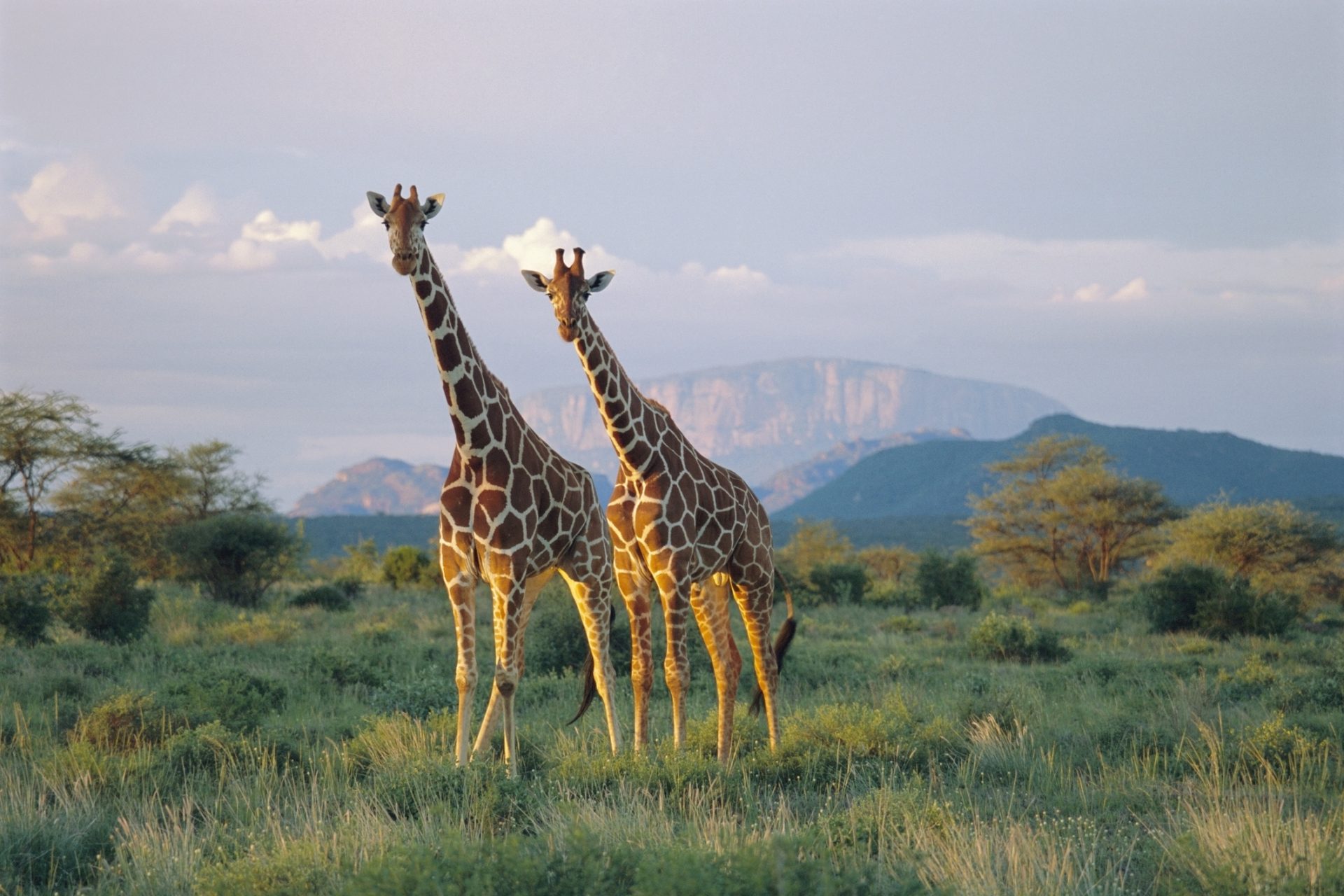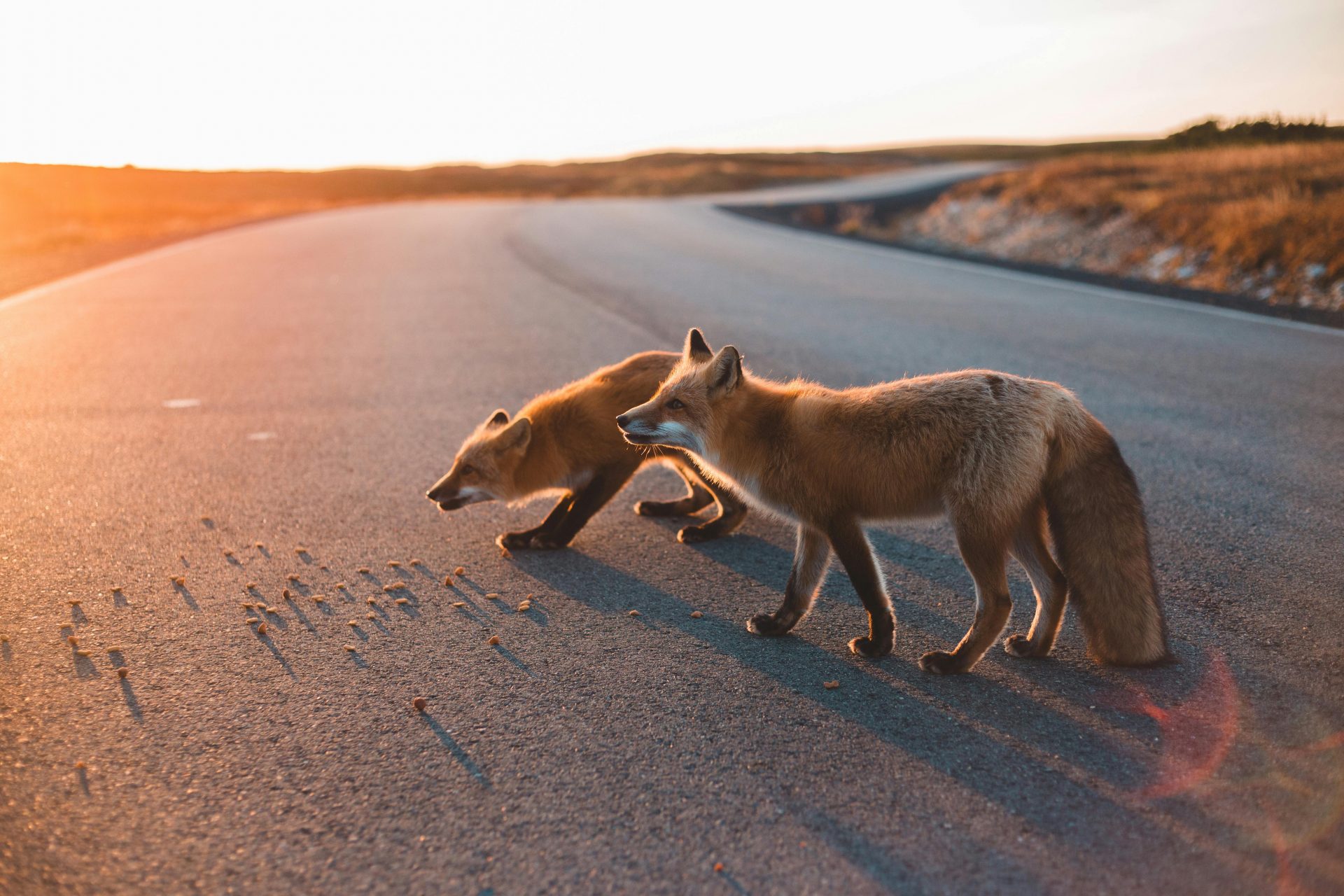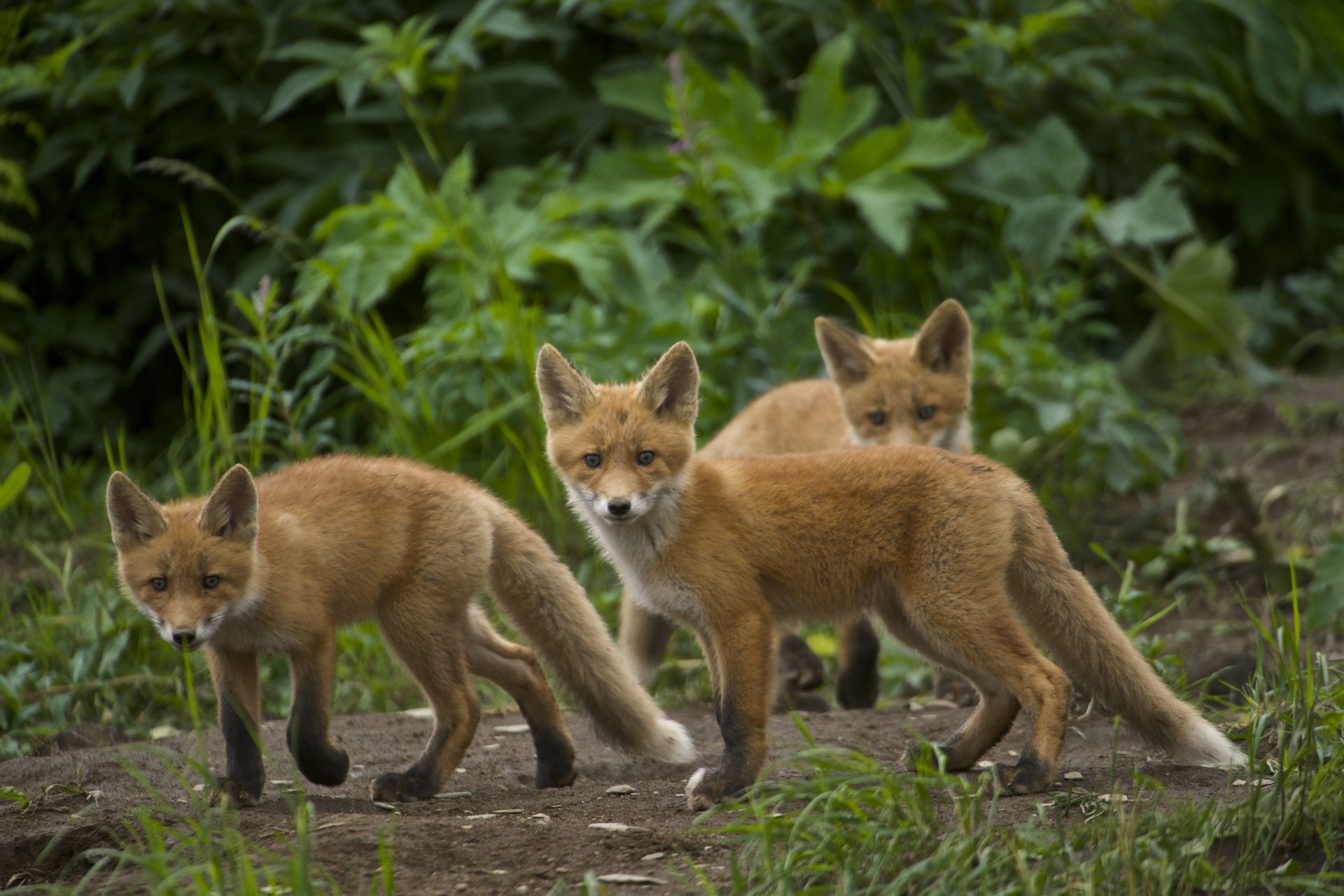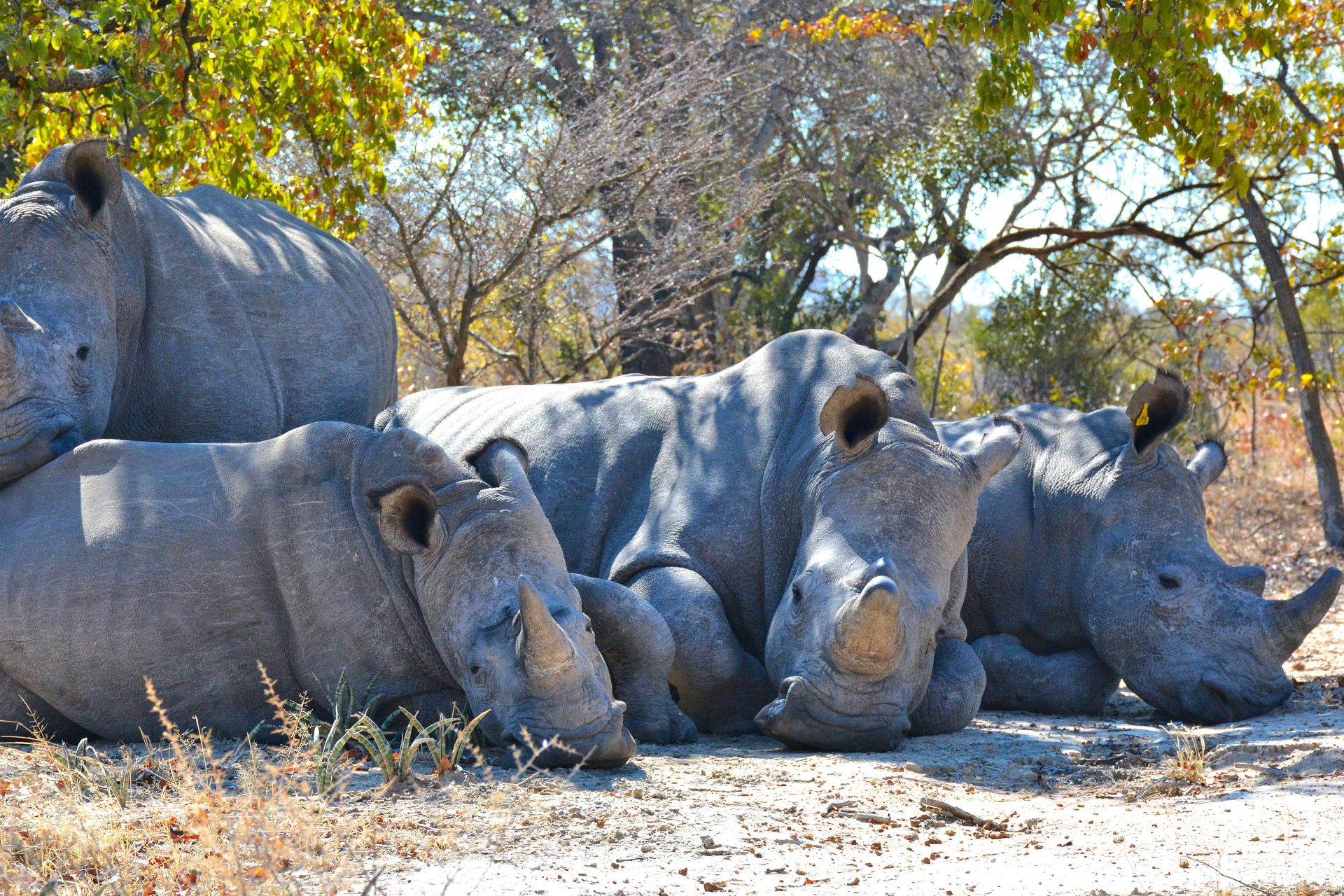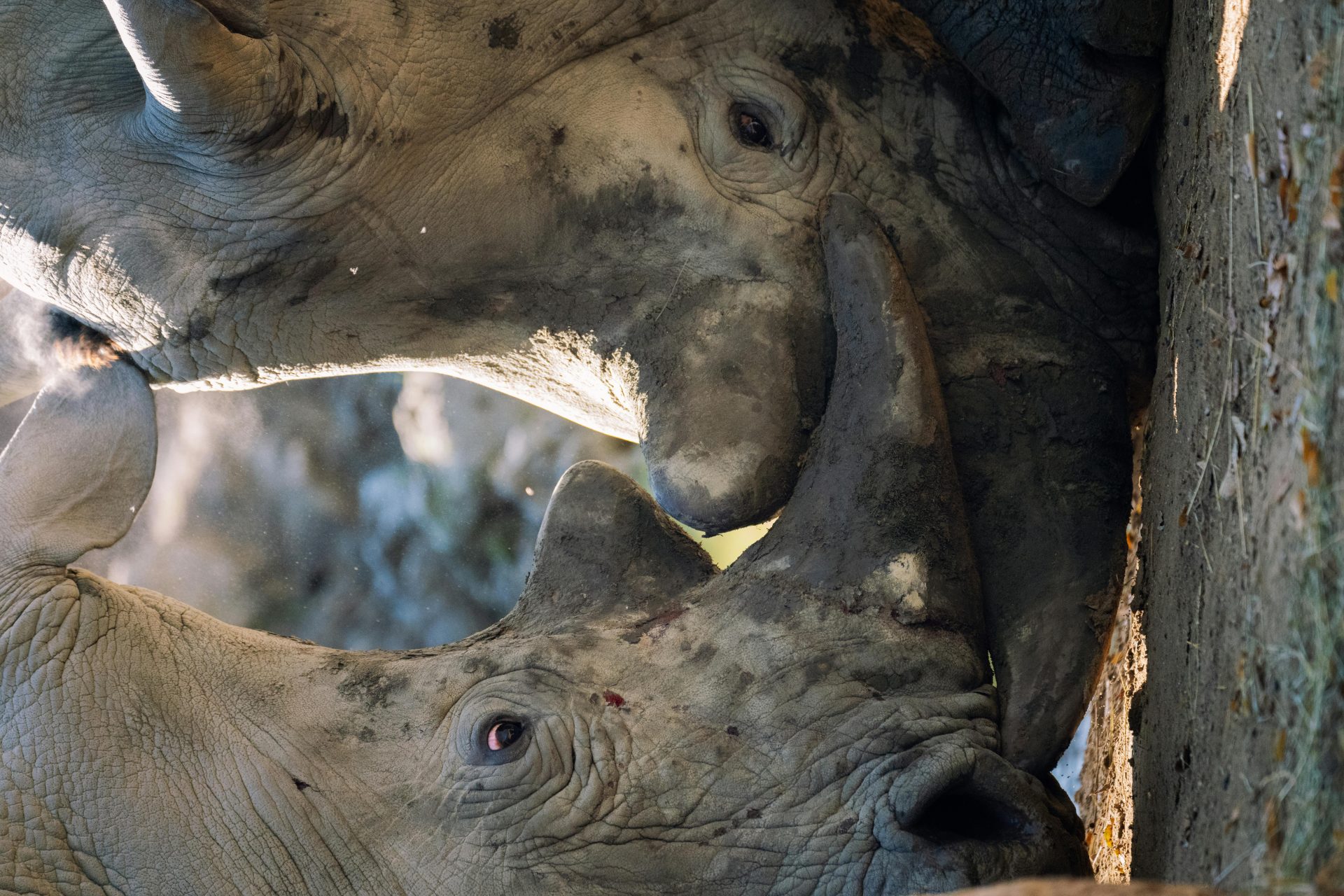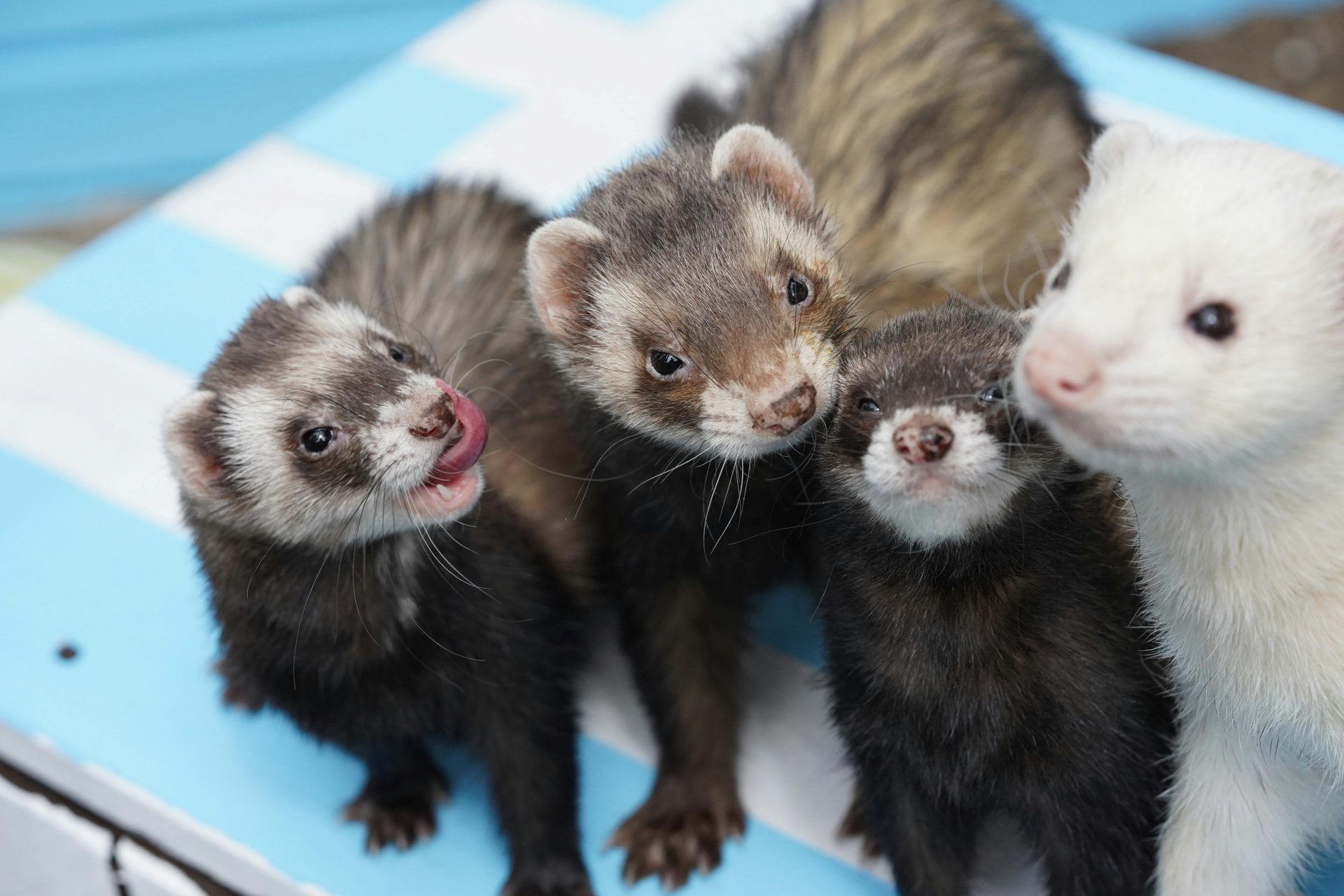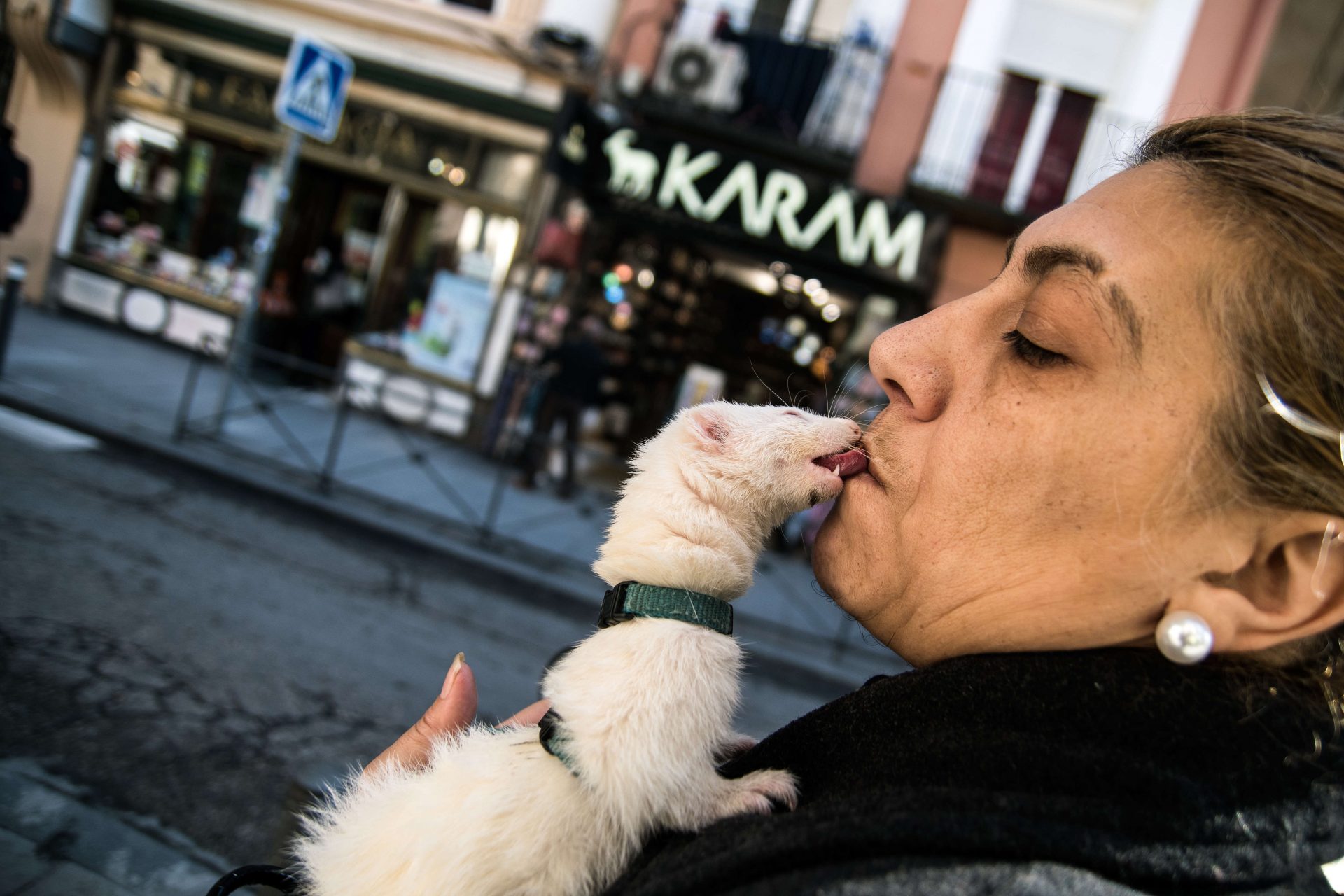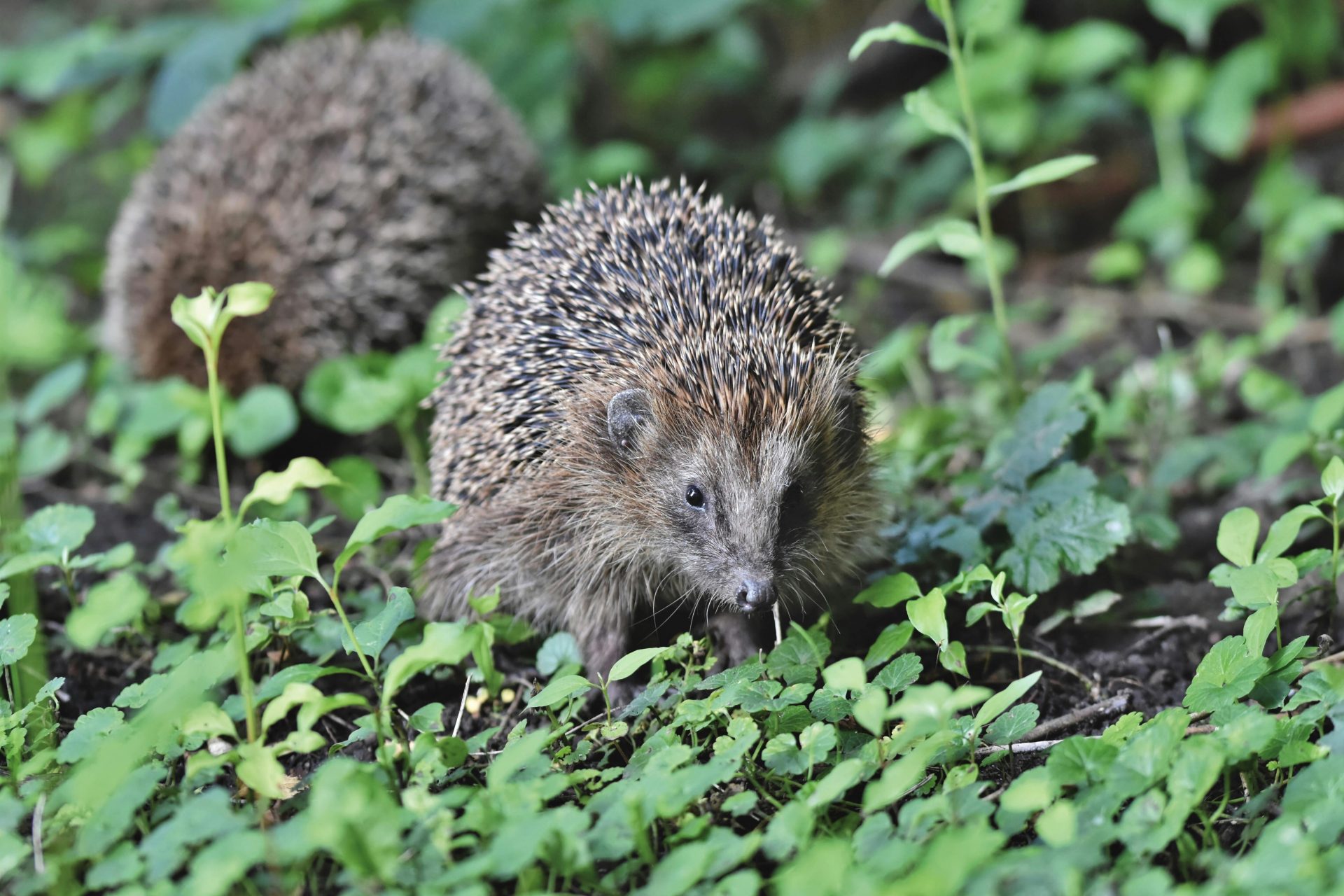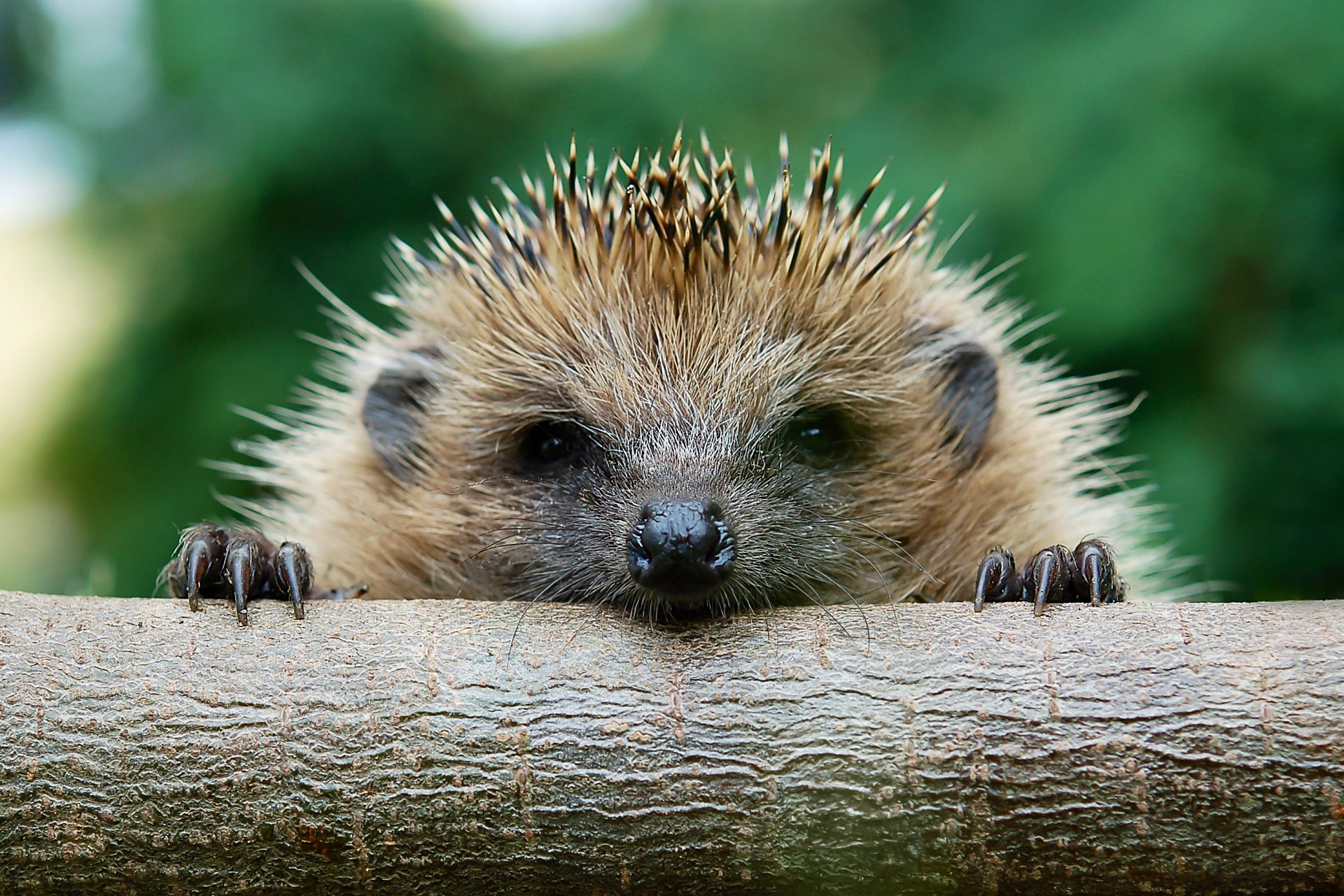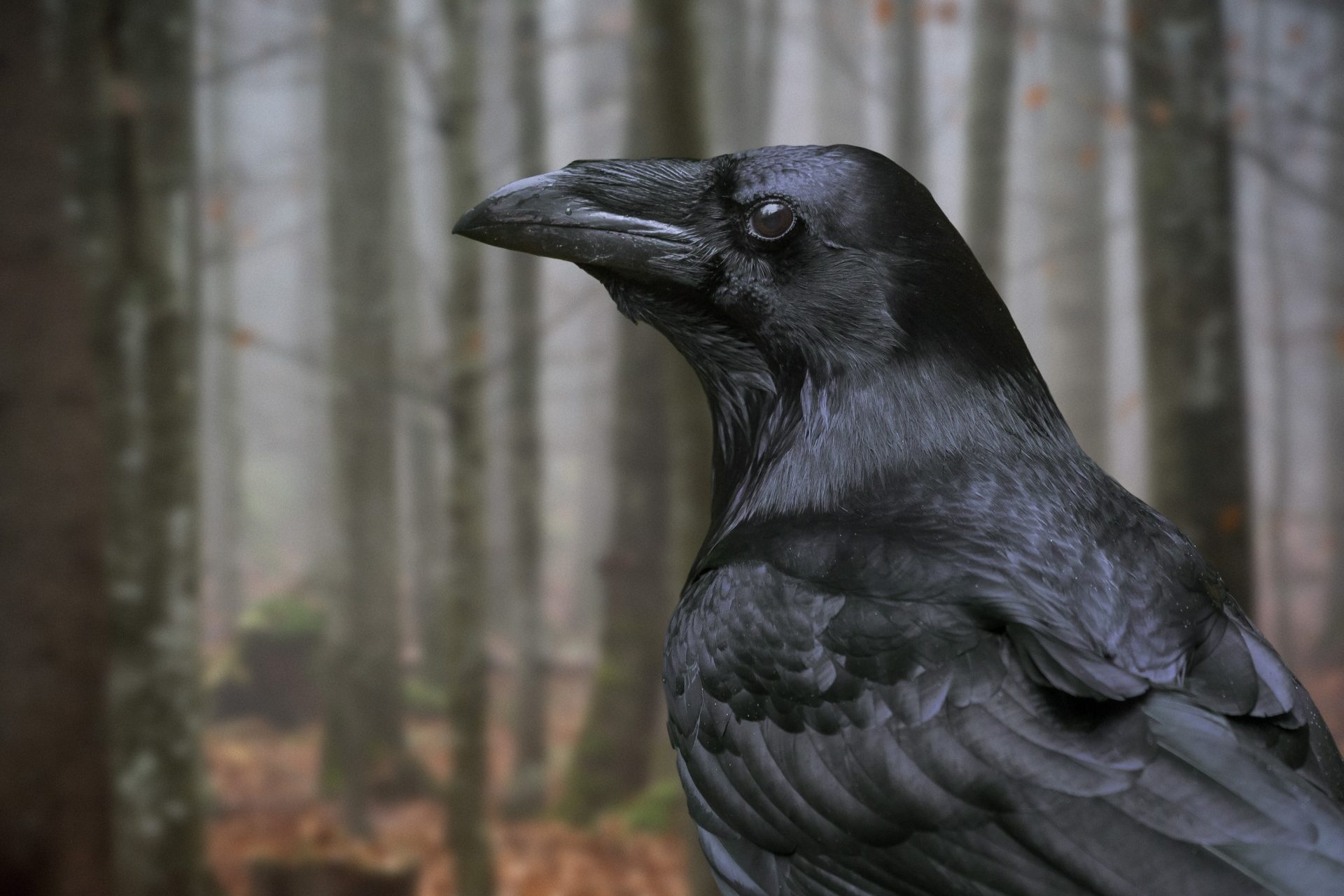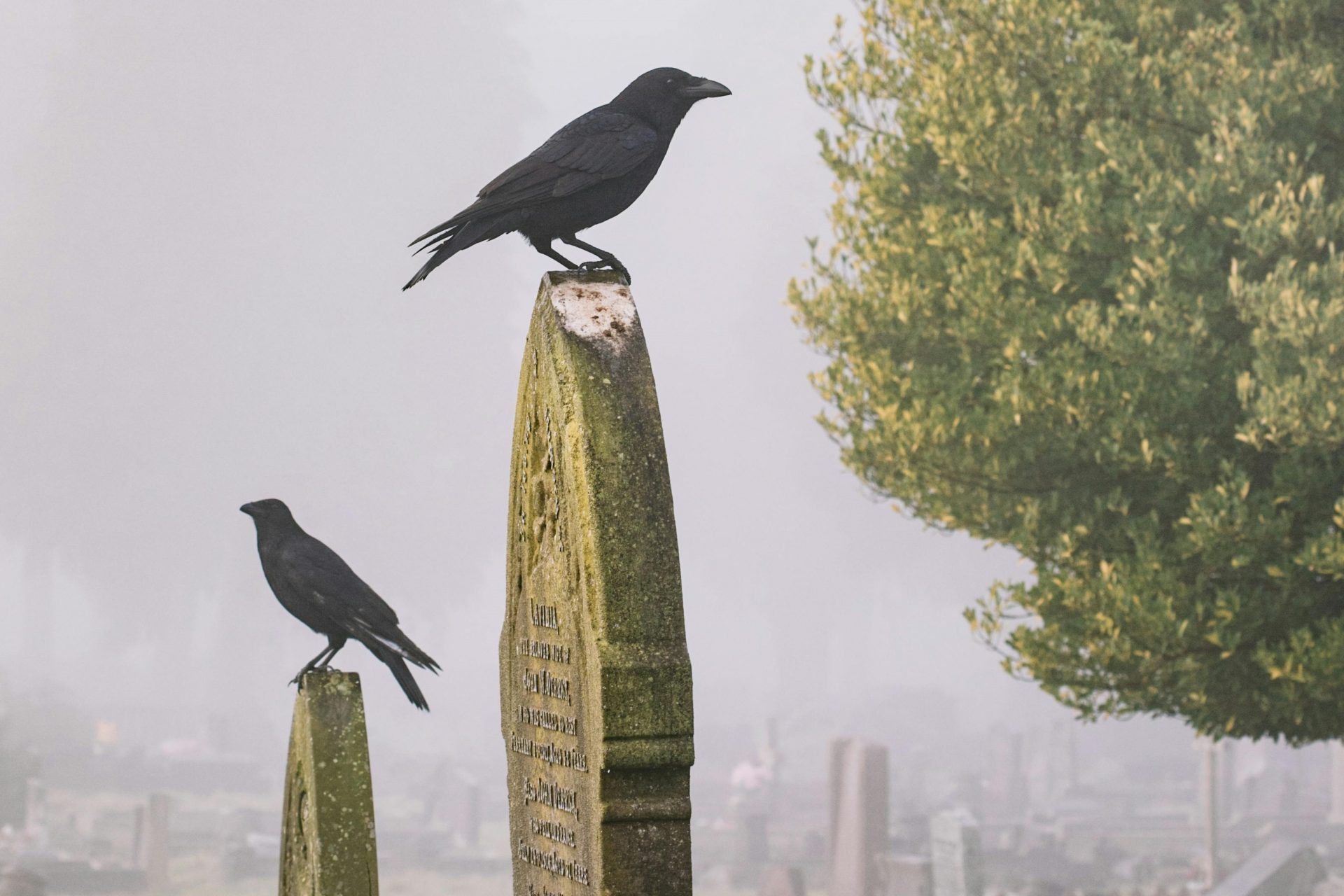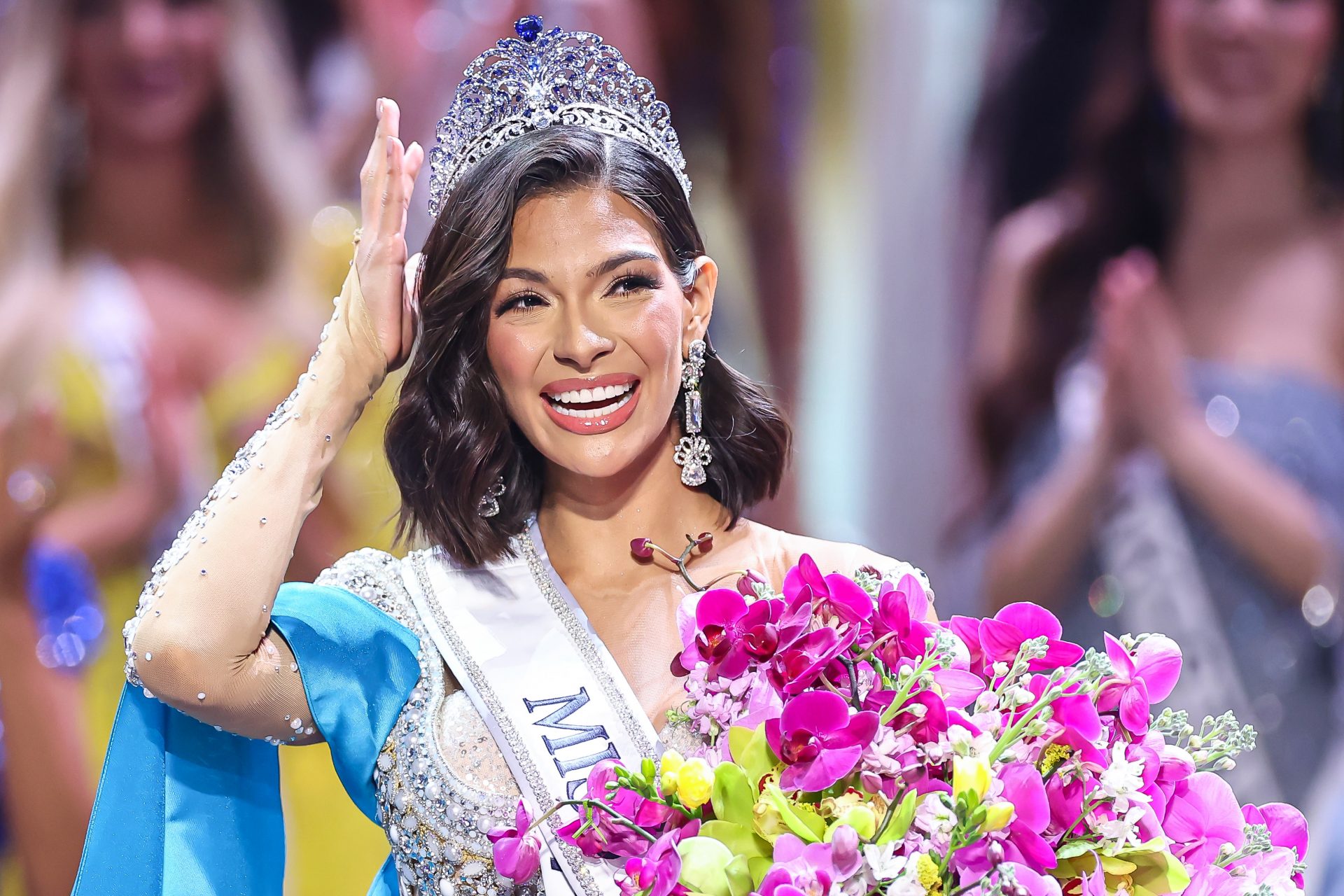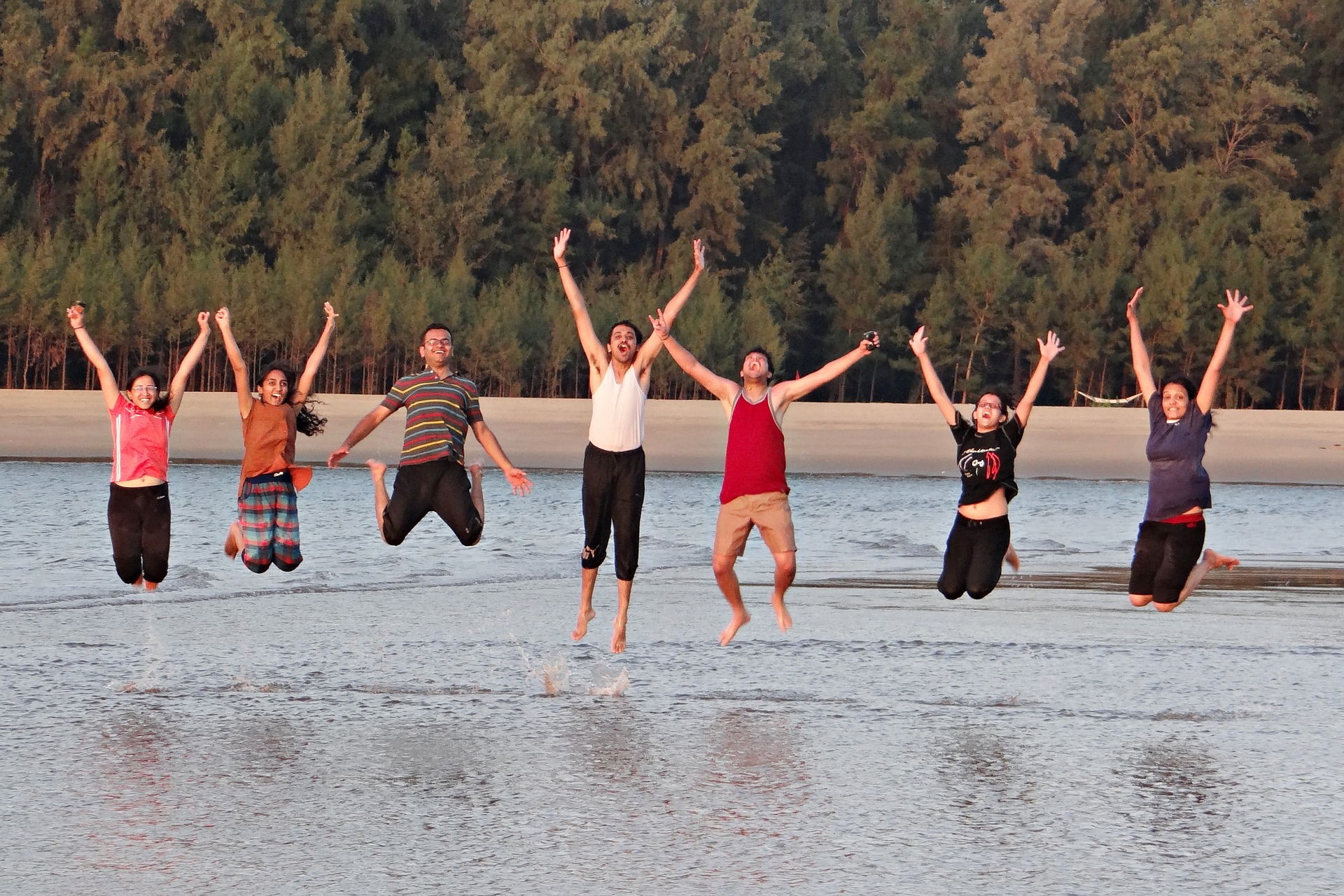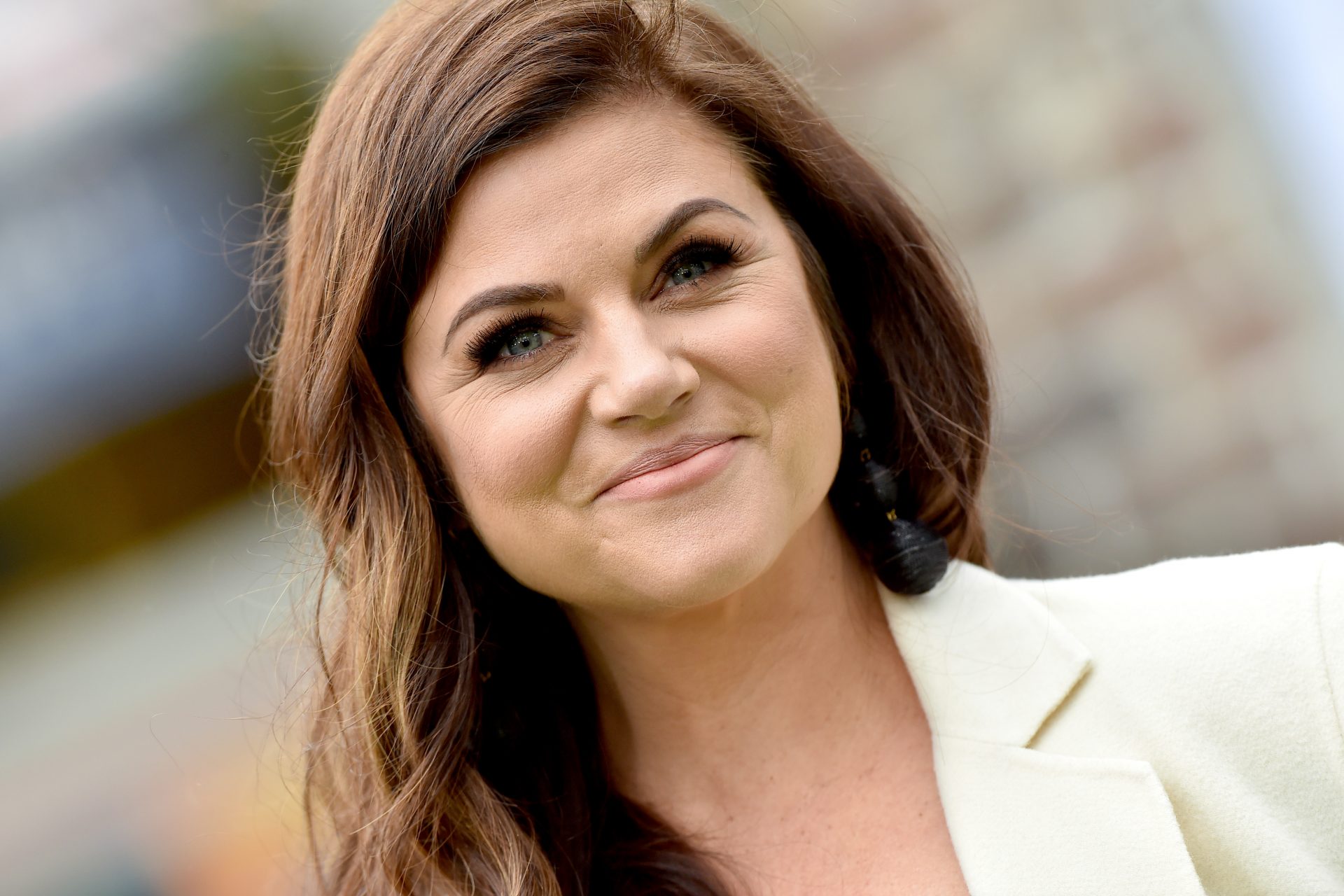Schools of fish and other animal groups: Do you know their fantastic names?
In the English language, the tradition of assigning distinctive collective nouns to animal groups adds a whimsical touch to our vocabulary. Some of these terms trace their origins back to the 1486 ‘Book of Saint Albans’ by female writer Juliana Berners, while others are modern continuations of this inventive tradition. Let’s test your knowledge on how many of these you know!
These super smart members of the Corvidae family have long been associated with fear and superstition… perhaps that will give you a hint.
Yep, a flock of crows is a murder. According to BBC, this has to do with their association with death… with these scavengers present at the gallows, battlefields, and other dark scenes.
Don't want to miss more entertaining news and analysis? Follow us here!
These birds that can turn bright pink are definitely well named with their group. Here’s a hint: think fabulous, think alliteration.
This one comes from the Book of Saint Albans. With the word flamboyant meaning “showy” or “extravagant” this one makes a lot of sense.
These wise and beautiful birds have gotten a couple of amazing group nicknames over the years. Do you know?
This terminology draws on ancient Greek mythology, as owls accompanied Athena — the goddess of wisdom and reason. This is by far the most popular noun today.. But a 1967 book by Brian Wildsmith also refers to them as a “stare of owls” — also fitting.
Here's an easy one for you. But if you don't get it, don't let it hurt your ___
A group of lions that live together are referred to as a pride. Did you know that they are the only big cats to live in these types of family units? Perhaps something to be proud of!
A flutter of bats is conjuring up something spooky in the night. But what do we call this mysterious gathering?
Photo: Vladimir Konoplev/ Pexels
While bats can also hang in “colonies” a spooky cauldron giving off images of the dark arts is much more poetic.
These scavengers are perhaps best known for their ominous laughing sounds. That’s a hint, by the way….
Another beautifully fitting collective noun, though hyenas can be more boringly called ‘a clan’ when in a group.
Don't want to miss more entertaining news and analysis? Follow us here!
Imagine what happens when a group of boisterous parrots gathers in the wild. That could definitely clue you into their name.
Another fantastic one. This helps you imagine just how chaotic their parrot parties must be!
Photo: Magda Ehlers/ Pexels
Imagine a group of rabbits hopping about and being hilarious… but also soft. What would you call them?
Ok, maybe your term was good — but could it be as great as a fluffle?! Again, a group of bonnies can be called a colony… but why would you ever do that when fluffle is an alternative?
Photo: Riika J/Pexels
These big, round animals live in groups called…
Another great one! Hippos live in groups of 10 to 30 animals, led by a big male. And while they may not be bloated, they certainly look like they are!
Imagine a lizard in the sunshine… what it is doing could give you a good hint! If that’s not enough, think of Bill Murray in 'Saturday Night Live.'
Photo: Raphael Brasileiro/ Pexels
You may be more familiar with the term “longue lizard” to describe a cheesy man hanging out in lounges, but that concept is only from the early 1990s. A lounge of lizards goes all the way back to Berner’s 15th-century book.
Image: Saturday Night Live/Youtube Bill Murray
These clever animals live in mini-communities of around 10-25. They are notable (or named) for their somewhat sinister form of cooperation…
That’s right, these little critters whose fur looks like robbers or prisoners get together in conspiracies! Indeed, they work together to outwit predators using a technique called “mobbing.” But also: they're watching you.
When these feathery friends get together, it can be quite a rowdy time.
Photo: Matthew Montrone/ Pexels
Gaggle refers to disorderly gatherings, and that perfectly explains what happens during goose gatherings.
Photo: Piixabay/Pexels
These striped horse-like animals are stunning, and their name also contains the last letter of the alphabet… hint, hint!
Yes, these dazzling creatures can also be in a herd or a zeal, but dazzle seems to work best. According to BBC, some zoologists even say they use their stripes to confuse predators by making it harder to pick out individuals… aka, they razzle-dazzle them!
These tall, long-necked creatures hang out in groups, easily chowing down on the leaves at the tops of the trees. Any guesses?
Towering over the rest of the creatures are, that’s right, towers of giraffes!
These little animals are generally considered to be sneaky and clever. They may be hanging around waiting to get into something they shouldn’t…
Photo: Erik Mclean/ Pexels
The word skulk comes from a Scandinavian word and typically means to wait, lurk or move stealthily. So next time you feel like a group is skulking around, maybe it’s some sneaky foxes!
These massive creatures have relatively poor eyesight and can be considered a bit clumsy. Maybe better than the expression “a bull in a china shop” would be a “rhino in a china shop.”
Photo: Mark de Jong/ Pexels
These herbivore groups, usually made up of a female and her kids, are called crashes. But they shouldn’t mind because they have even inspired the name of an English emo band from Derby.
Photo: Gabriele Brancati/Pexels
This domesticated species of small furry animals were named “ferret” from the Latin furittus, meaning “little thief” due to their habit of collecting small items from owners. But they also served the very practical purpose of helping to hint…
Photo: Verina/ Pexels
Yes, if you own a group of ferrets you could technically call yourself a business owner.
These spiny animals are cute, but you also don’t want to pet them…
Photo: Ralph/Pexels
Another excellent name, if you’re ever being chased by a prickle of either hedgehogs or porcupines… you should probably run or risk getting prickeled!
Another black bird whose group gatherings don’t have the nicest of names...
These clever birds were also the stuff of legend and some people believe they bring bad luck. So if you see an unkindness, cross your fingers that it isn’t true!
Photo: Ellie Burgin/ Pexels
Don't want to miss more entertaining news and analysis? Follow us here!

